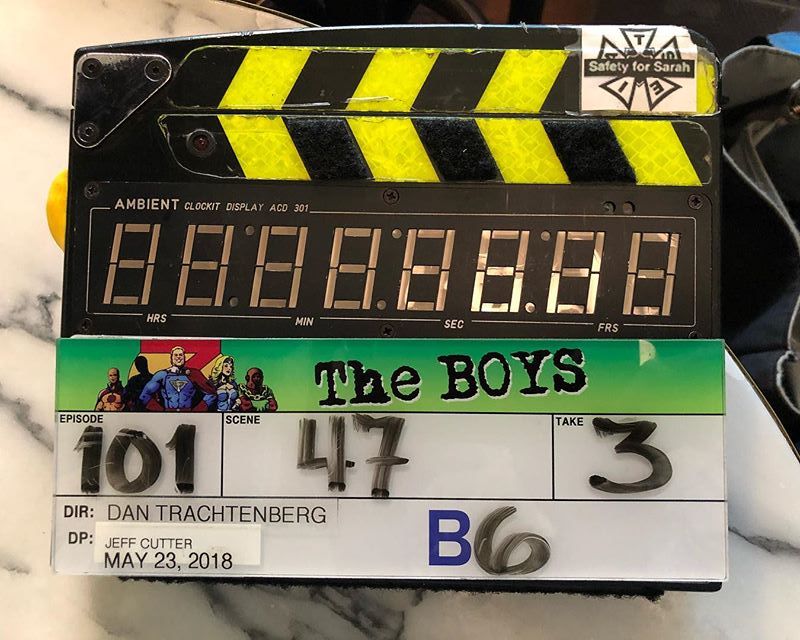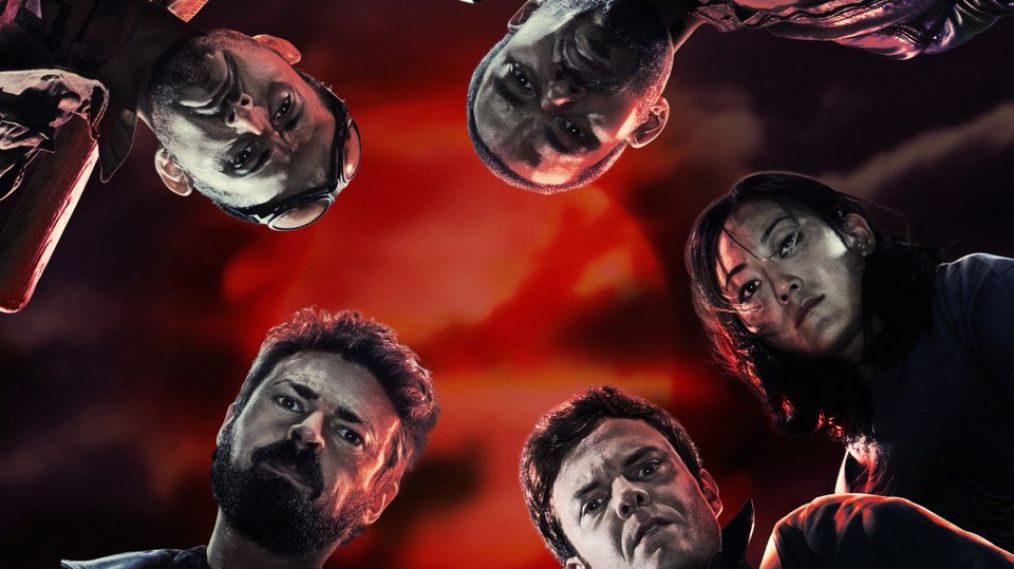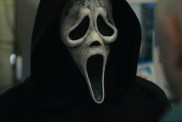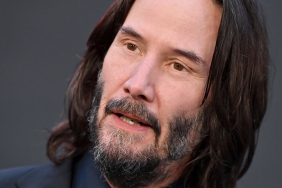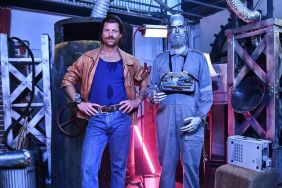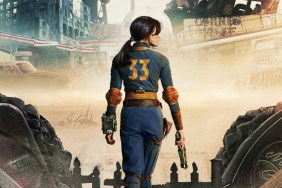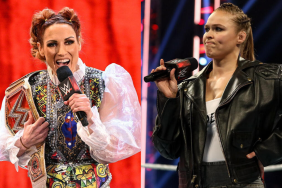With Amazon’s The Boys a bona fide hit for the streaming service, and our own massive breakdown of the first season, Coming Soon hopped on the phone with series executive producer and showrunner Eric Kripke to dig into the weeds of the first season of the series, how they handle the huge changes made from the comics, and A LOT of teases for the upcoming second season of the series. Read our full interview below!
ComingSoon.net: One thing that I always love hearing from creators when they do things like this is the things that inspired them while they were making the series. Obviously, the source material and the sort of things that it parodies were things you guys were looking at, but what other sort of things—shows or movies or other works inspired you while you were putting this together? Because I would bet money that one of them was RoboCop.
Eric Kripke: (Laughs) That’s funny. You’d lose that bet, although that tone is near and dear to my heart. I’m a huge dark comedy fan. I mean, there’s two questions, whether just sort of my life inspirations that I really responded to and jumped at the chance to make something like and yes, and that, I would put Robocop, I would put Brazil, I would put Heathers. I would put a lot of Peter Jackson’s early stuff. I would put Sam Raimi’s early stuff. I would say my favorite genre is dark comedy. But specifically, with The Boys, we talked a lot about that, because it’s such a specific world and it has such specific tonal influences, that I was just trying to get that right. And so, a lot of them were ones that Garth gave me, like we spent a lot of time digging deep into James Elroy when we were making The Boys because there’s a lot of that kind of hard boiled tough men crisscrossing with historical figures doing awful things is a very “Boys” tone and I think Garth got a lot of that from James Elroy. I will say, I watched the movie Network like 10 times when I was writing The Boys.
CS: Yeah, I can see that.
Kripke: You know, just the idea of behind the scenes machinations of ratings at all costs was something that I thought was like a real tonal touchstone. We tried to just see, like James Gunn’s Super. Not that that’s the same story, but just to see how far the people that are taking the superhero genre and really pushing it as far as they can and looking at those stories for inspiration. But a whole mix of stuff.
CS: Now I want to get into, when you expand on and do these kind of big changes for some characters, specifically like The Deep, what sort of things do you have to make sure you’re keeping in mind that you’re staying within the tone of the story? Because The Deep, obviously you know, he’s super different in the show than he is in the book.
Kripke: Right. Yeah, I mean, and I’m a huge fan of the books. I would lovingly put forward that The Deep doesn’t really do much in the books.
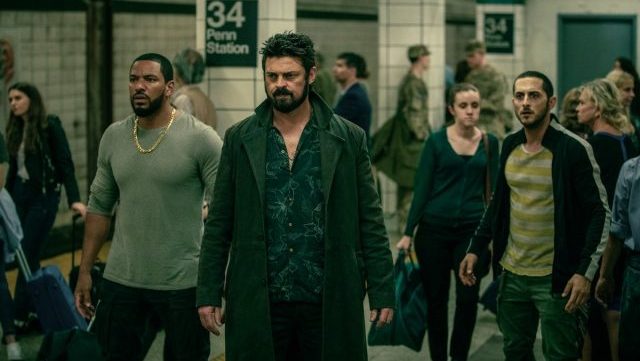
CS: Exactly, right.
Kripke: I literally couldn’t tell you one thing about him except that he wears a diving helmet. I’ll step back and begin with this, which is an adaptation is a different animal than the source. A TV show and a comic book by very nature of the medium with which they’re being made are completely different creatures, and I think it’s only healthy for a creator, anyway, to view them as separate things, or else you’ll drive yourself crazy. And it’s my interpretation of Garth’s brilliant work. And some people are going to love the comic more, and god bless them. It’s a different thing. There’s two things and it’s my sincere and honest hope that people love them both. You know, watch the show and love the show and read the books and love the books. But I don’t feel an obligation that the show has to be the book or vice versa. They’re different animals. And so, you I’m trying to just interpret and process as a fan boy like, what I love about those books and that world and communicate that to an audience. That’s my primary job. And I’m just sharing my love and enthusiasm for this world.
And so, when you get to the specifics, The Deep is a good example. I literally, because of the reality of my business, wouldn’t be able to cast a good actor if they were like, “What’s my role?” And I said, “Your role is to stand around in a diving helmet for the next five years of your life.” Like they just wouldn’t do it. You have to create a character. And so, it becomes like a series of logical discussions in the room, is what most people don’t realize. None of these decisions are arrived at lightly. They’re arrived at after hours of conversation and an incredible amount of angst. And so, for instance, you bring up The Deep and it’s just a good example, which is we were like, okay, so The Deep needs to be a character. So what kind of character? And we say, okay, well, we’re trying to apply reality to this world. So he’s the guy who talks to fish. And in our metaphor of celebrities, he’s the pretty boy actor who wants to be taken more seriously, but he isn’t. And so, then we land there.
And then, we decided that we were going to address the scene of Starlight’s sexual assault. We were only going to have one person. In the books, it’s a horrific scene with three people and it’s Homelander, Noir and A-Train. And then, you start looking at that and you say it can’t be Homelander because he’s Butcher’s villain. It can’t be A-Train because he’s Hughie’s villain. Noir can’t speak, and so, that’s an insane thing. It can’t be Noir. Then you look at it and you’re like, well, we have The Deep. We have this pretty boy guy who’s nothing but insecure inside and nothing but broken and he’s got the psychological profile to try something like that, as horrible and as hateful as it is. And so, then you move him into that position.
So I tend to run my rooms, and you just try to let the characters tell you where they’re supposed to go. It sounds stupid, but it’s true. If you can really sit down and screw down who your people are—it sounds so weird, but I’m not like one of these scented candle guys, but if you just quiet down and listen, eight times out of 10 your character is telling you what he would do. And you just have to slow down and listen to him. And that was how we arrived at our version of The Deep.
CS: Well, building off of that, I hope you will indulge me fanboy-to-fanboy of the comics. There’s a couple of things from the books that I wanted to ask about specifically, if you have ideas of ‘Oh, that’s something that we kind of put away very quickly or something that we want to do later.’ So specifically, Jack from Jupiter is not in it, and instead you have Translucent, who’s a brand new character. When did you decide on that? Obviously, Jack from Jupiter, you can’t really do if you’re sticking to the realism angle.
Kripke: Right, exactly, because it’s real. In the world of the books, part of the myth that Vought is telling the world is that aliens are real and Jack is a legit alien and every so often there’s an alien invasion that they all have to team up and fight. And that just wouldn’t work in our world, where we’re trying to keep it as incredibly grounded as possible. Our world tonally probably has a lot more in common with kind of the original “X-Men” universe before that got crazy. It’s just there’s basically these people walking around with powers and what do we do about it? And then, that movie, they became heroes, and in our movie they become celebrities and commodities. But so, you couldn’t put aliens in that.
And then, Translucent just kind of came from an idea. I think we knew really early on that we were going to kill one of The Seven to kind of jump us into the story because we needed—the way that the structure of the comics, where the structure of the comic is actually very procedural, meaning like it would really work as a Rated-X cop show. They go after sort of different heroes every episode and kind of slowly but surely build their way up to The Seven. I always said, on a rated X CBS, that would be a really popular show.
You could really do it page for page, but because we’re a streaming show and it needs to be bingeable and bingeable means you need a serialized storyline, we couldn’t do that. And so, we needed to really put our heroes in conflict with The Seven right from the jump and make The Seven their targets, because again, emotionally, that’s where Hughie is and that’s where Butcher is. They’re not going to fuck around with Teenage Kix. They’re going to go right for The Seven, if they can.
And then we said, ‘Okay, we need to put them in deep sh*t with The Seven as soon as we can,’ and the best way to do that is to kill a Seven member. That was when we decided that Translucent needed to die. And then we just picked his powers because we were like, let’s just pick powers that seem cooler but they’re ultimately kind of f***ing lame and you don’t really need them later on in the show. You don’t really need an Invisible Man. So I didn’t want to create an awesome laser shooting amazing character and then be sad that he’s dead. I wanted someone whose power seems cool for an episode or two, but I certainly don’t f***ing miss it eight episodes in. I’m not like, asking like, where the f**k’s the Invisible Man? I’m just kind of like, ‘Okay, cool, moving on.’ So we picked his powers of like, what made him an expendable red shirt, but still cool when he was on the screen.
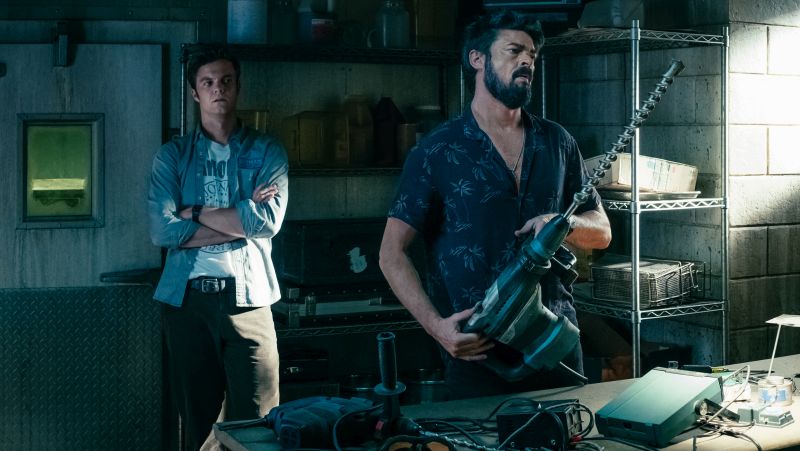
CS: Now another kind of big element throughout the books that I don’t think was really touched on was the characters of the President and the Vice President. Did you guys skip out on that because that kind of seems like low hanging fruit in our current climate?
Kripke: Well, part of it is there’s so much in Garth’s world and it’s so dense, which is amazing. And we will be getting into that story and we’re already starting kind of towards the back half of season two. You can sort of see us kind of flirting into deeper and deeper into the politics of the situation. So I would say we are going to get to it, we just haven’t gotten to it yet.
CS: Gotcha. Now one thing that I really love in the comics that I don’t think is really feasible for a TV show, and obviously it’s something that Garth just loves, is the war stories. So he does those flashbacks to like World War II and he does the flashbacks of Billy’s back story in the army. Have there ever been talks of doing those stories for the show or does it just seem like it’s completely out of the question?
Kripke: Oh yeah. It’s one of the things I really love about the books.
Pick up The Boys Omnibus Volume 1 by clicking here!
CS: Yeah, it’s my favorite part.
Kripke: Yeah, I think you really need to establish our world first. And so, I can’t say they’re in season one or season two. But the one that really made the most impact on me was Mallory’s story, which we’ll have to update because in their world, Mallory was in World War II and our Mallory isn’t old enough to be in World War II. It’s probably closer to Desert Storm or something. But one of the things I love about Garth’s work, really, it’s one of the things I love most about The Boys is it’s so grounded in this kind of very real tone of how the military really operates and how the government really operates and how the CIA really operates. And he’s a huge, I know you know this, but he’s a huge military geek and he’s a huge CIA geek. He gave me like the densest book of the CIA and I’ll admit to you that I only got halfway through it because it’s so dense. I really love all that stuff, I mean, there’s lots of amazing things in The Boys, but my single favorite thing is the depth of the world he created. That’s what I’m just trying to honor. And like the past wars and the history and kind of the alternate history is the super heroes are weaved in and out of it is something that I definitely, definitely want to get to.
CS: Now another thing that I do love is sometimes he would do these kind of one-page gags that he never outright says he’s talking about “Daredevil” or “Green Lantern,” but if you are a reader, you know he’s talking about “Daredevil” or “Green Lantern.” Did you ever think of doing those really specific parodies that don’t say the name, but we all know who you’re talking about?
Kripke: There’s only so much we can do because of the real superheroes at Marvel, which are their long conference rooms of lawyers. So we can’t get too close. And by the way, we don’t want to. And I will say that in season two, we do have one scene of superheroes that we’re clearly kind of poking fun at some existing heroes out there in the world, but only for like one scene. Any hero that we live with in the show, we really want to be their own animal and their own personality and their own complexities. I always said from the beginning, I mean, literally on day one, I think the first thing I said to the team as they were assembling is this is not a parody. If this is a parody, we’re f***ing dead. If people smell that we’re some Leslie Nielsen Naked Gun version of this show, or the old TV show Sledgehammer, do you remember that?
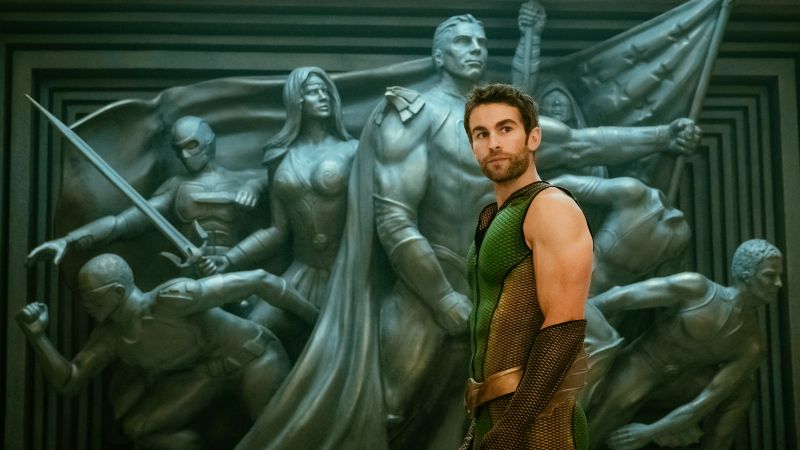
CS: (laughs) Yeah.
Kripke: If we’re that, we’re dead before we started. We have to be our own world with our own rules and our own integrity. And that’s why in this first speech, I said, so get ready Sony and Amazon. The wardrobe budget is going to be bigger than any wardrobe budget you’ve ever had in your life. We’re getting the real people who really build the super suits and we’re going to do it exactly the way Marvel does it and DC does it. And we’re going to write these characters, not as jokes, we’re going to write them as real people in this world. So it was a very intentional. Now that we’re in season two and we’re getting a little more comfortable, I think we’re trying it once or twice just to see how it feels a little more, but it was a very intentional decision to never do that in season one because we never wanted to feel like we were a takeoff. We wanted to feel like it was its own world.
CS: One more before I let you go but you’re bringing in Stormfront for season two. And you’ve already made one change in that it’s a woman. So can you kind of walk us through what the idea was of doing that character? Because to us book readers, we know that he’s a little problematic.
Kripke: Yeah, our version of Stormfront kind of evolves over the season. And I think the comic books version of Stormfront, with again, great respect to the comic, which I love, it’s a pretty straight forward character, you know? The first lines out of his mouth are like, “Schnell!” He’s pretty straight up just like a full-on Nazi. And it’s hard to do reveals with a guy like that. But where the idea emerged, and without spoiling too much, what I’ll say is under the writer room mantra of ‘Bad for the world, Good for the show,’ we’re all news junkies, and we tend to pay attention to things that are happening out there in the world, and how do we use our super heroes as a metaphor for that? And I am horrified and sad to report that there is a rise of white nationalism. And it’s taking a very different form than it took in the 40s. It takes a very social media savvy trying to attract young men and women form. And so, we got really interested in creating a character that could represent that for us. And so, as I would say, it’s not the version in the book, but I would say they have the same rotten soul.
The Boys season 2 is already in production and will likely premiere next year.
RELATED: The Boys TV Series: Every Easter Egg and Reference in the Comic Adaptation
The Boys
-
The Boys
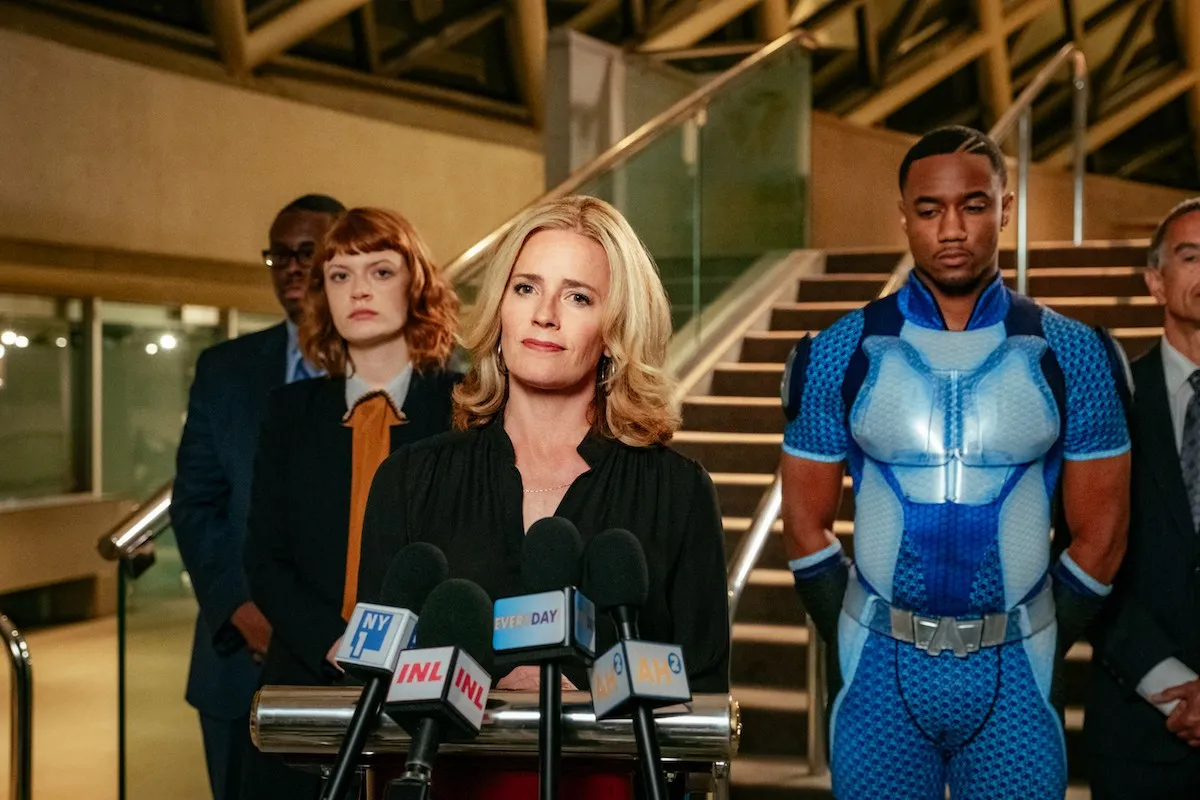
-
The Boys
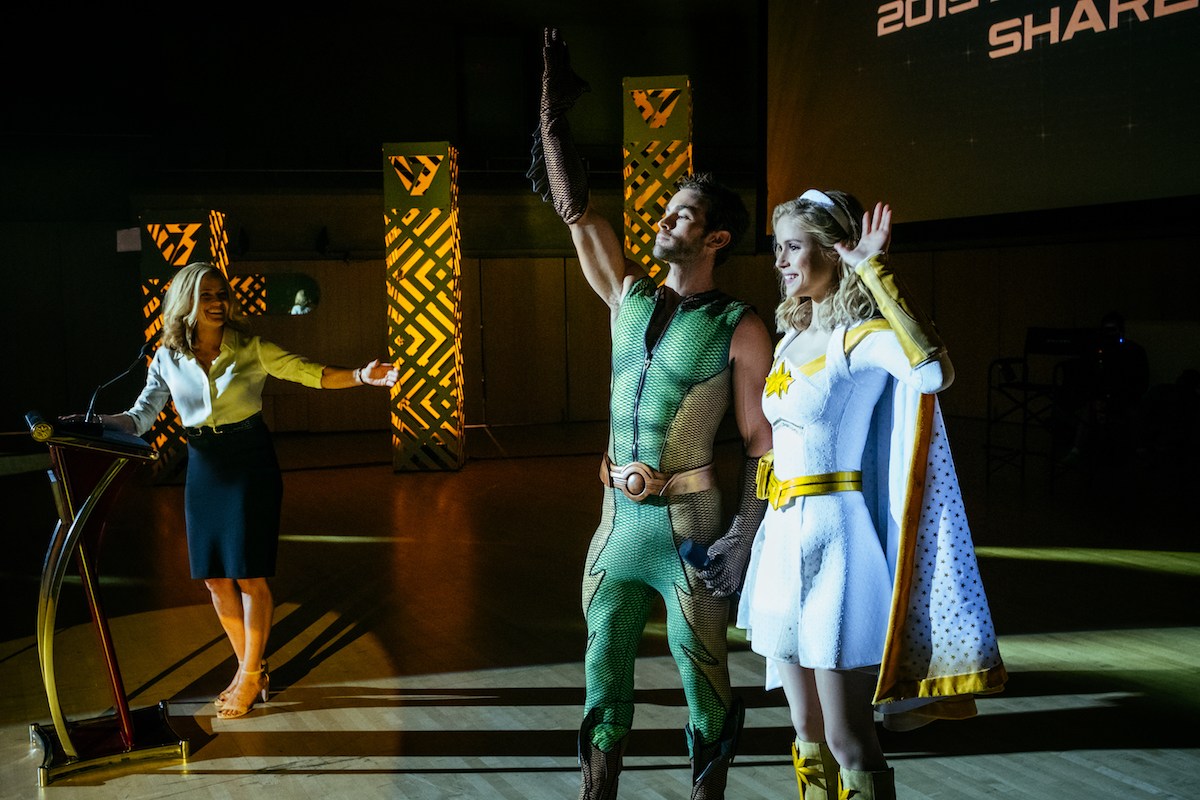
-
The Boys
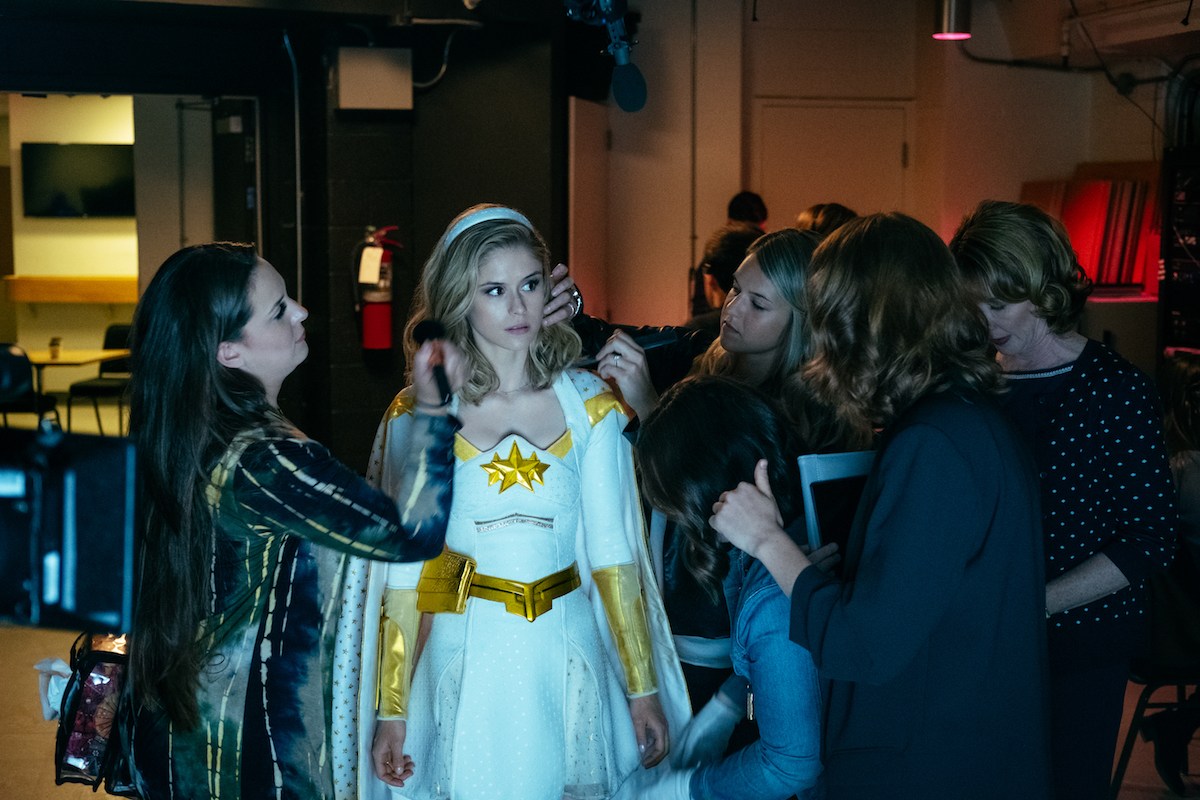
-
The Boys
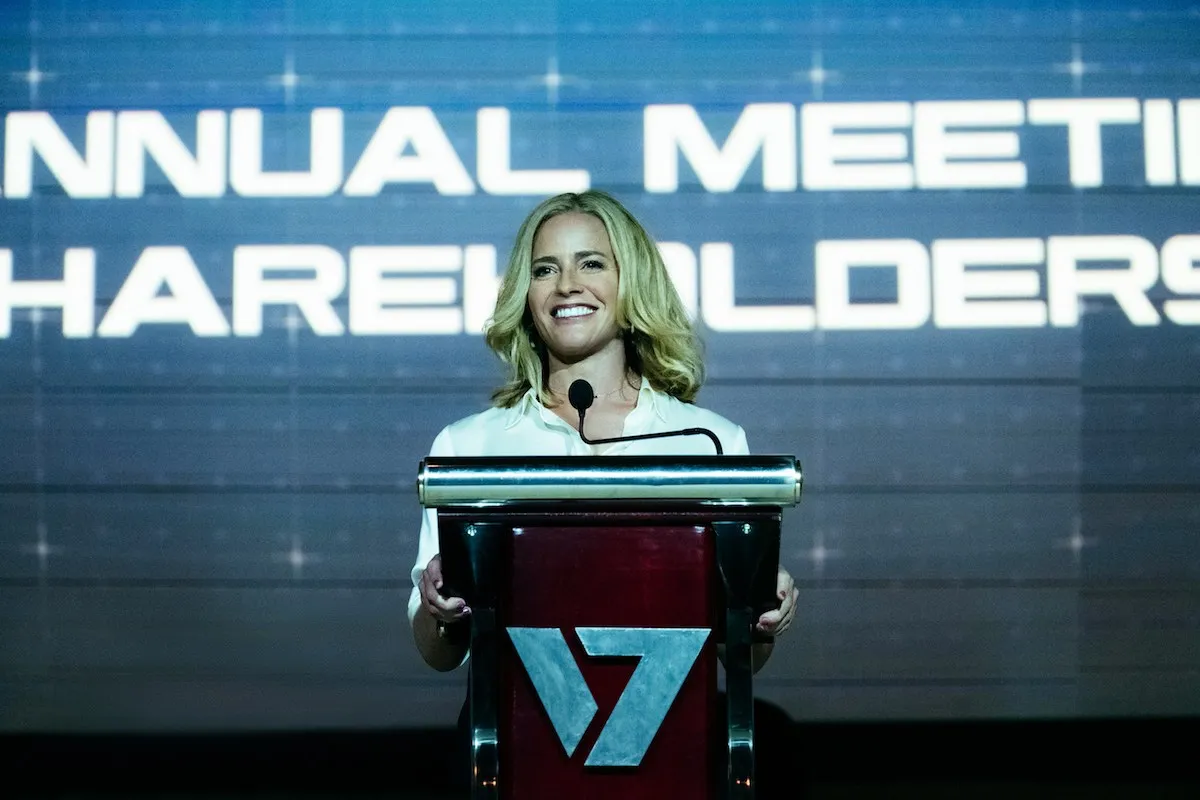
-
The Boys
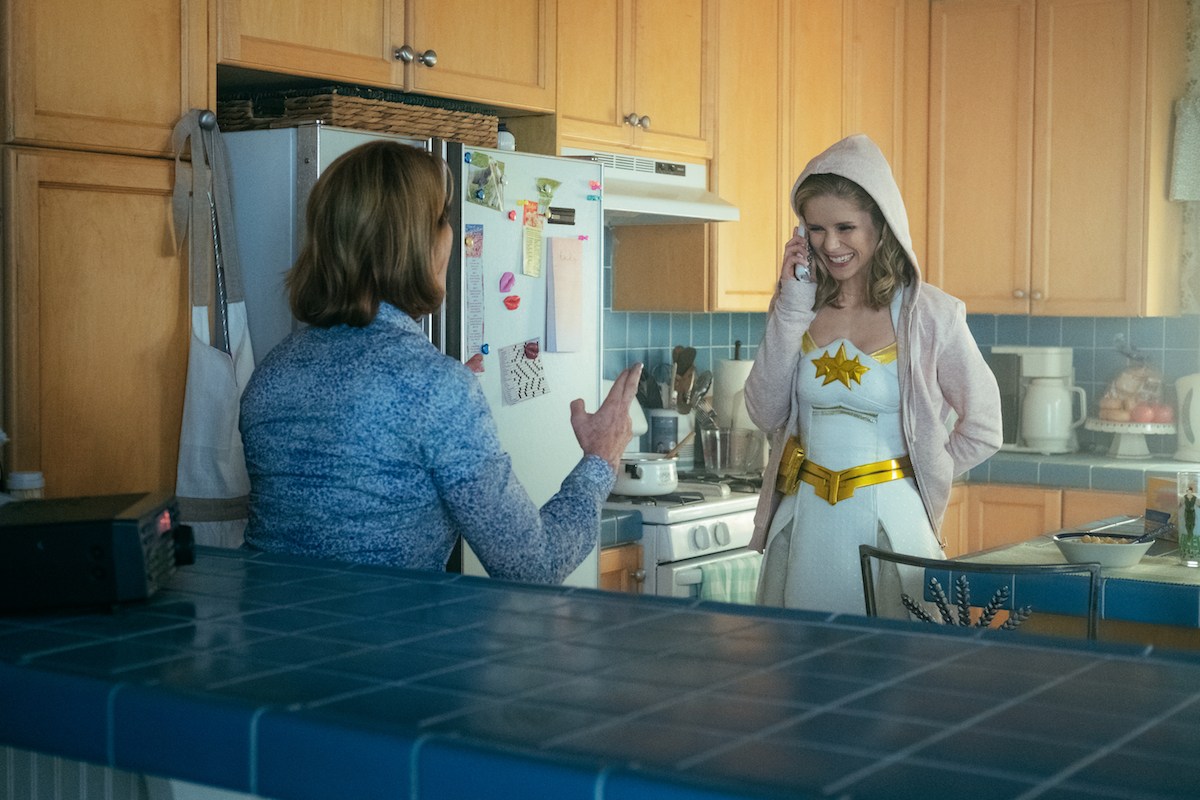
-
The Boys
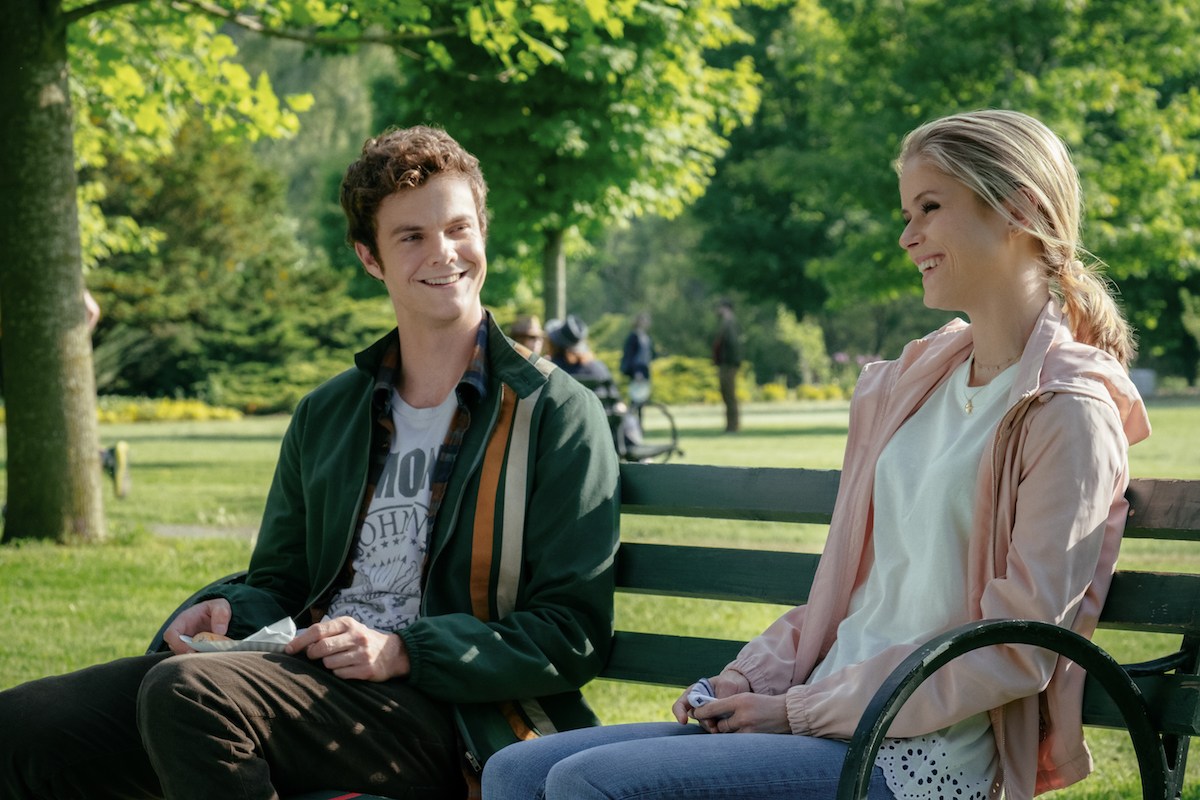
-
The Boys
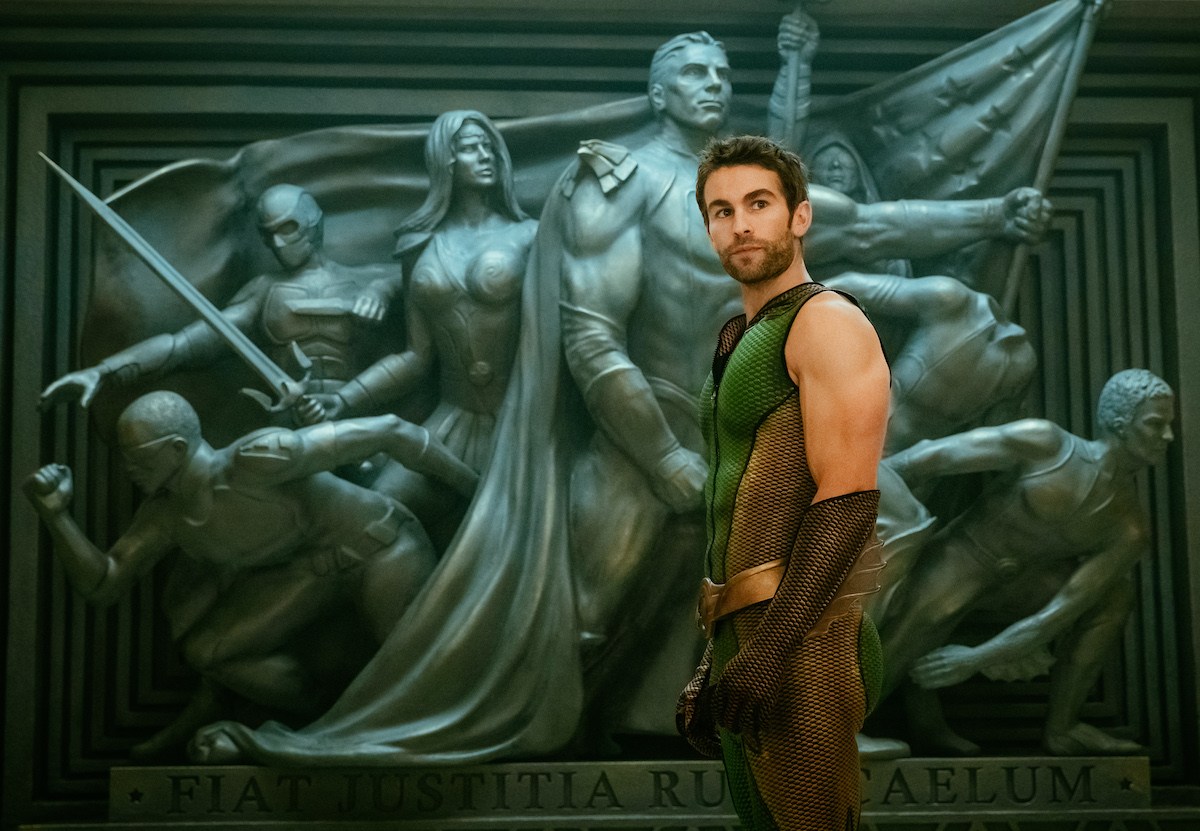
-
The Boys
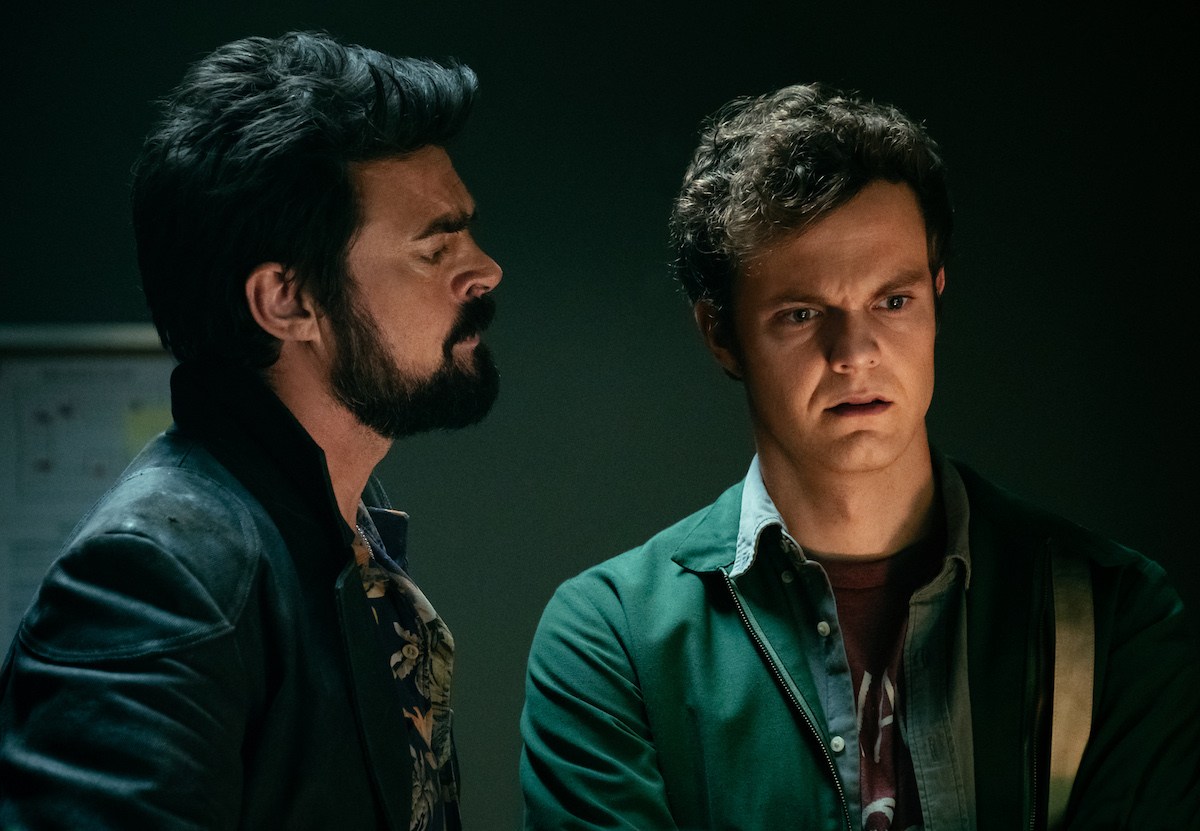
-
The Boys
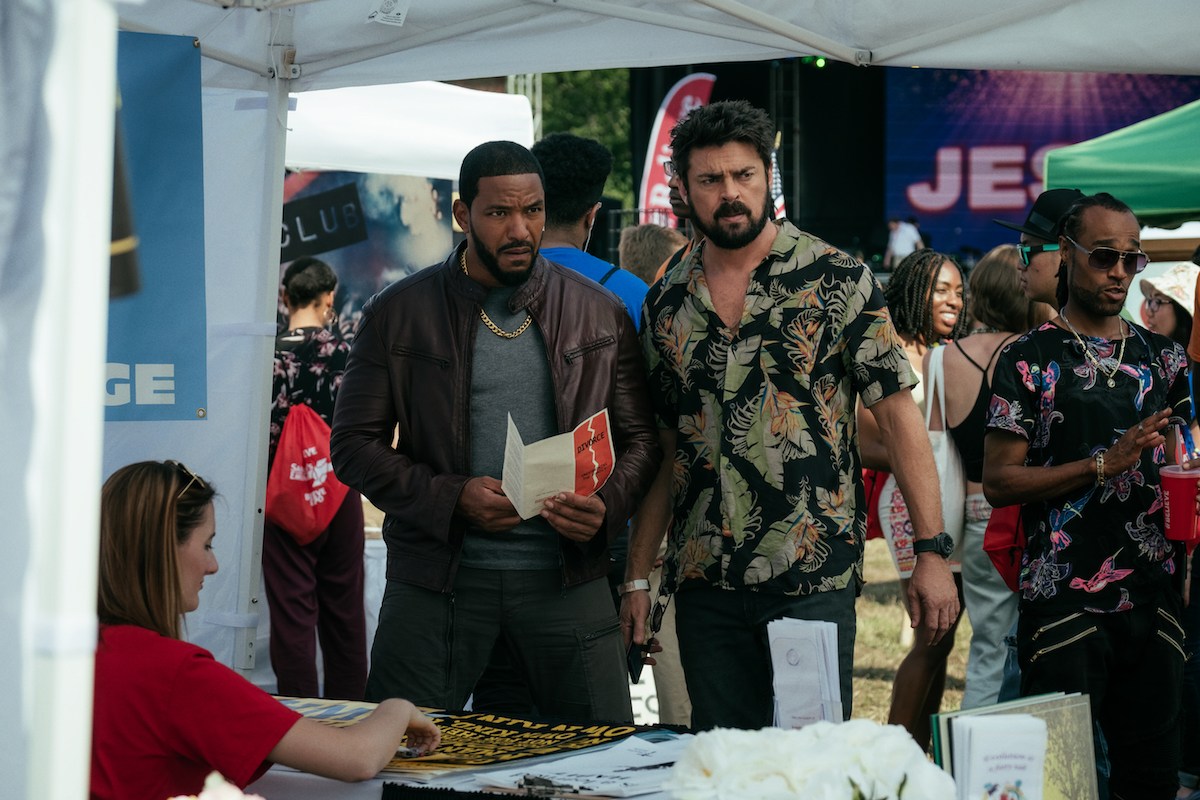
-
The Boys
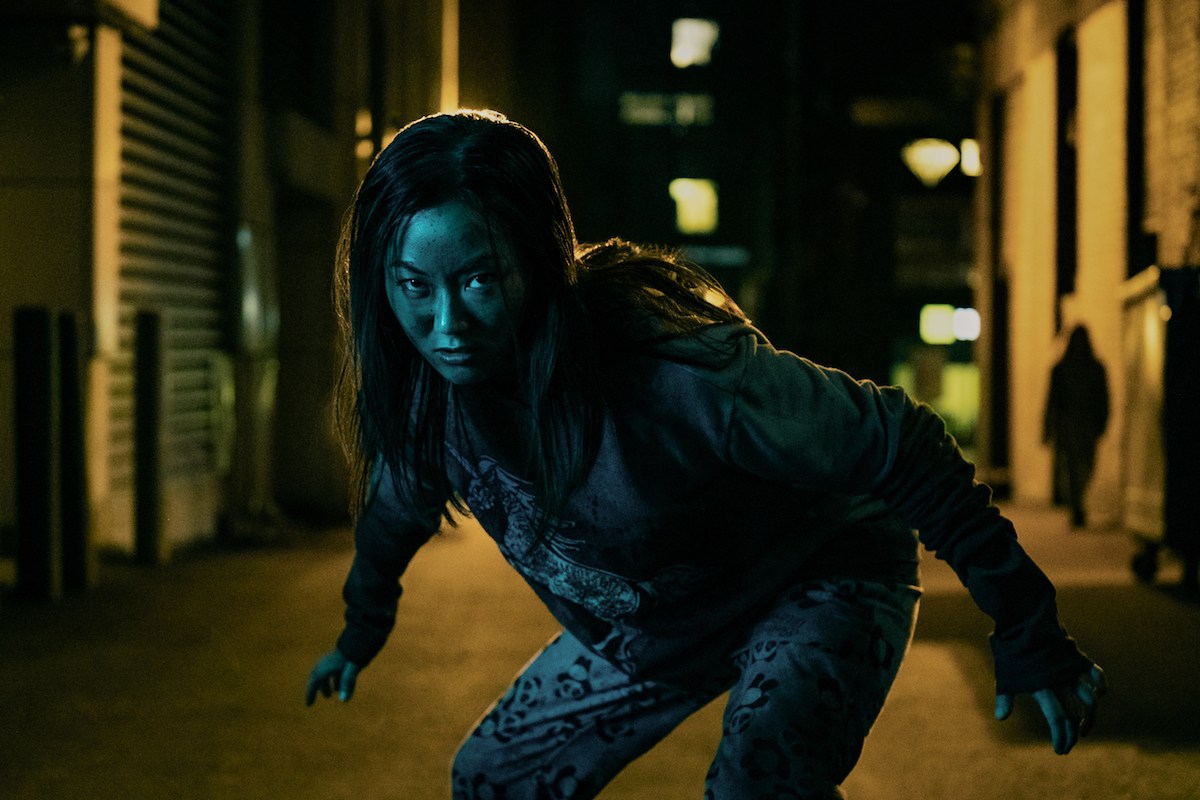
-
TThe Boys
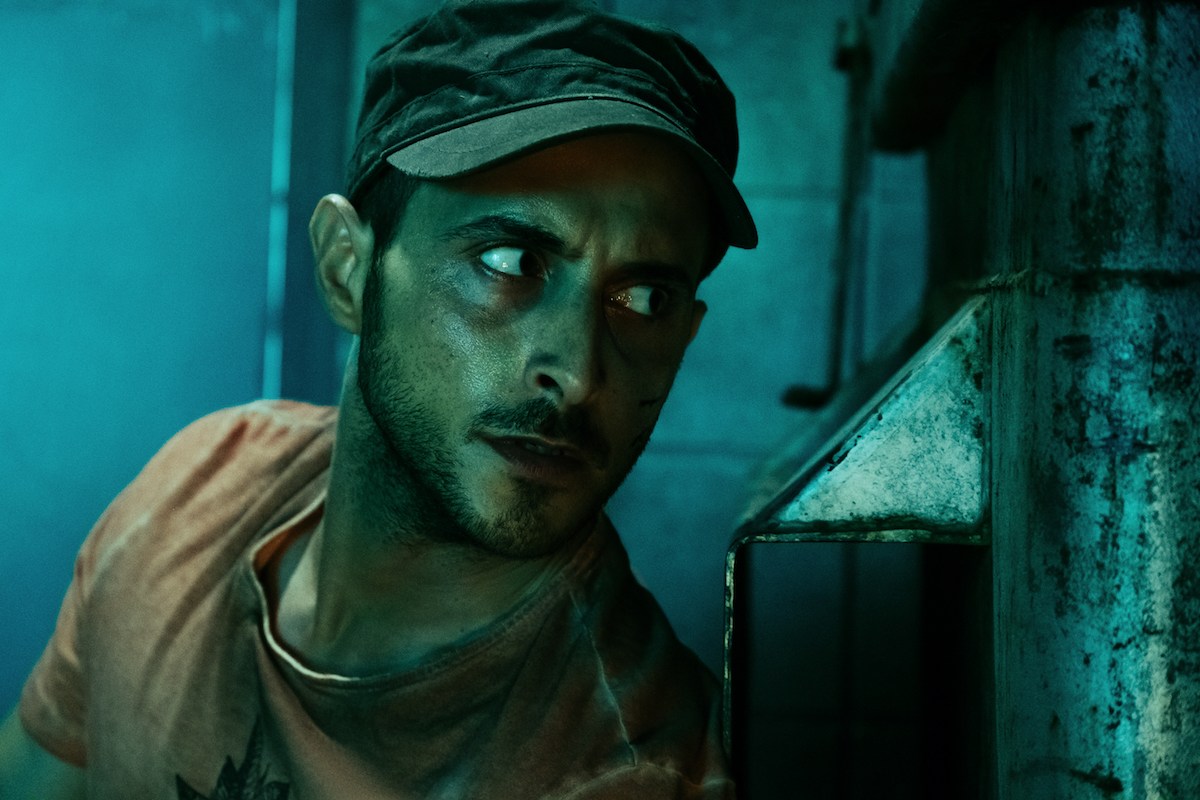
-
The Boys
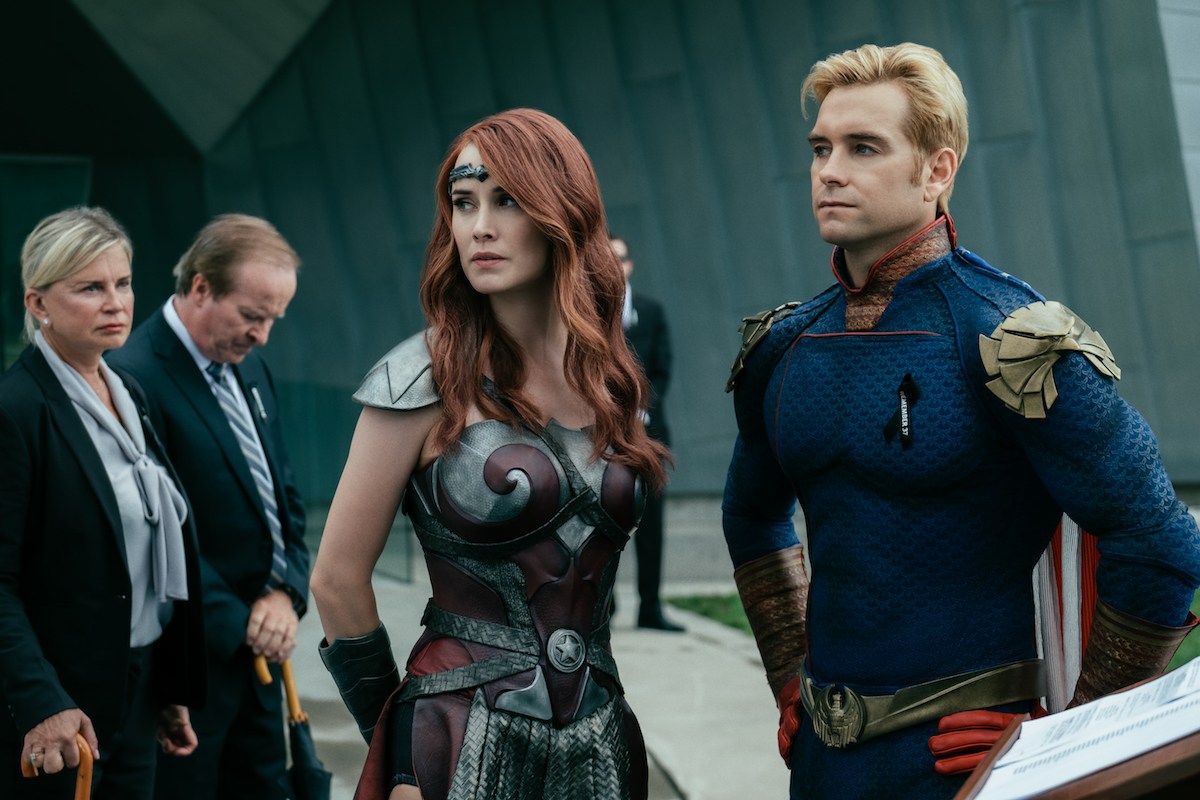
-
The Boys
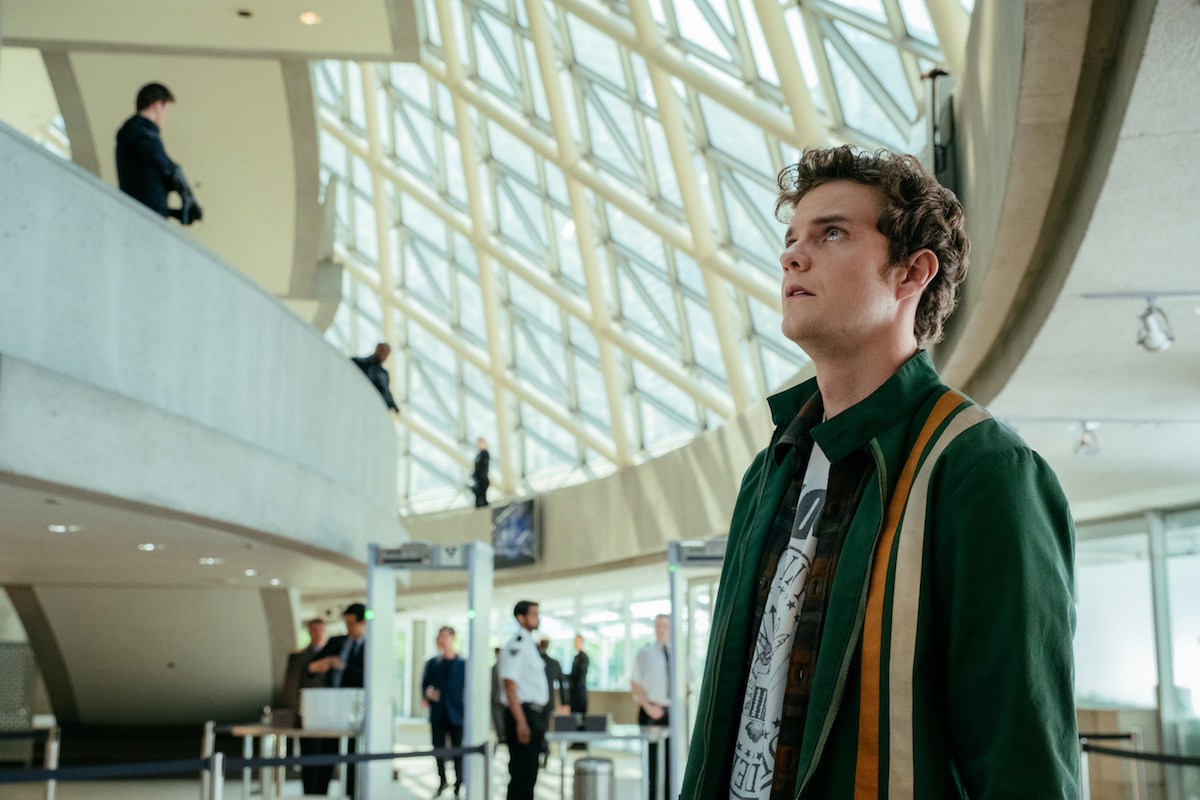
-
The Boys
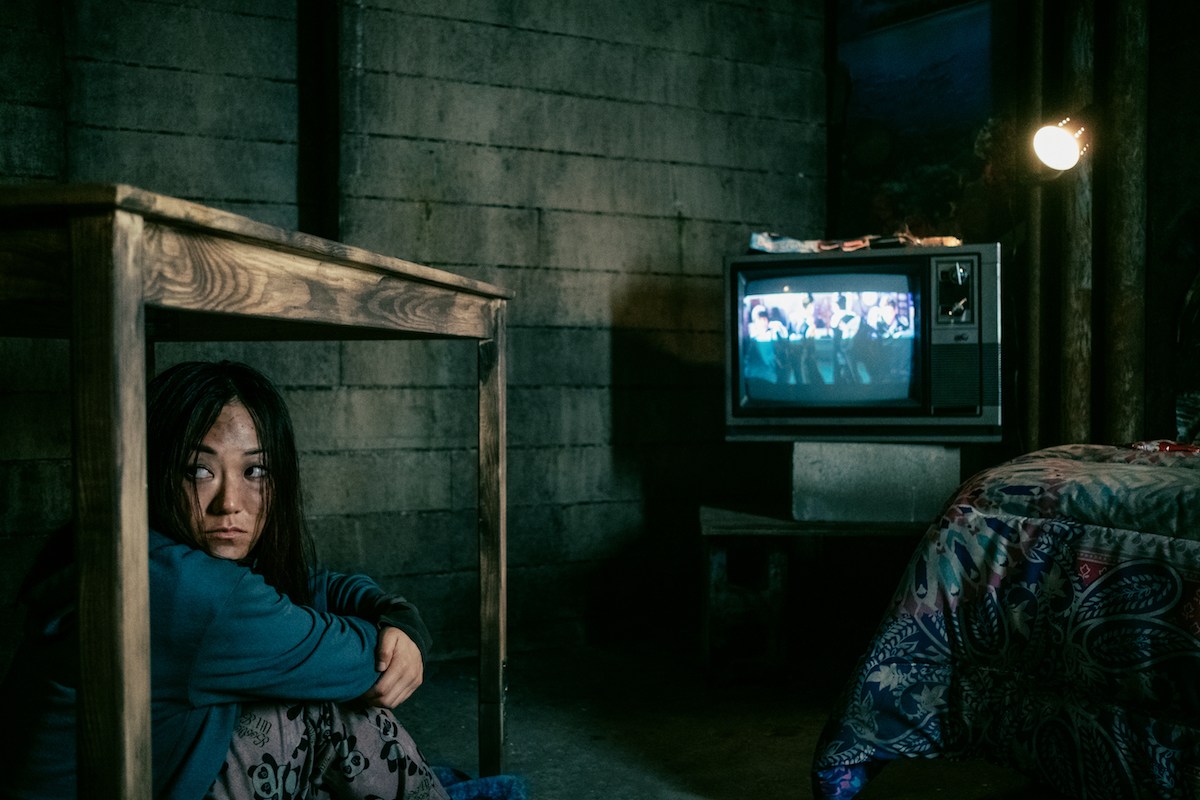
-
The Boys
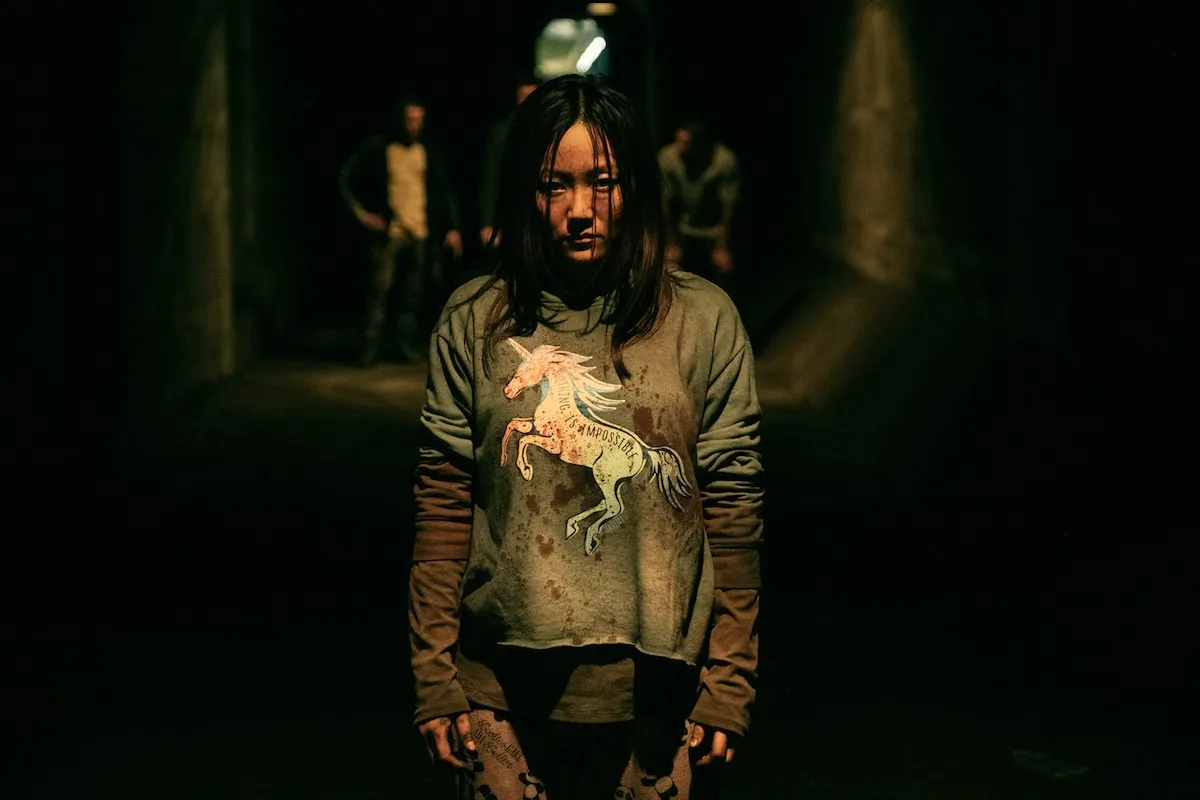
-
The Boys
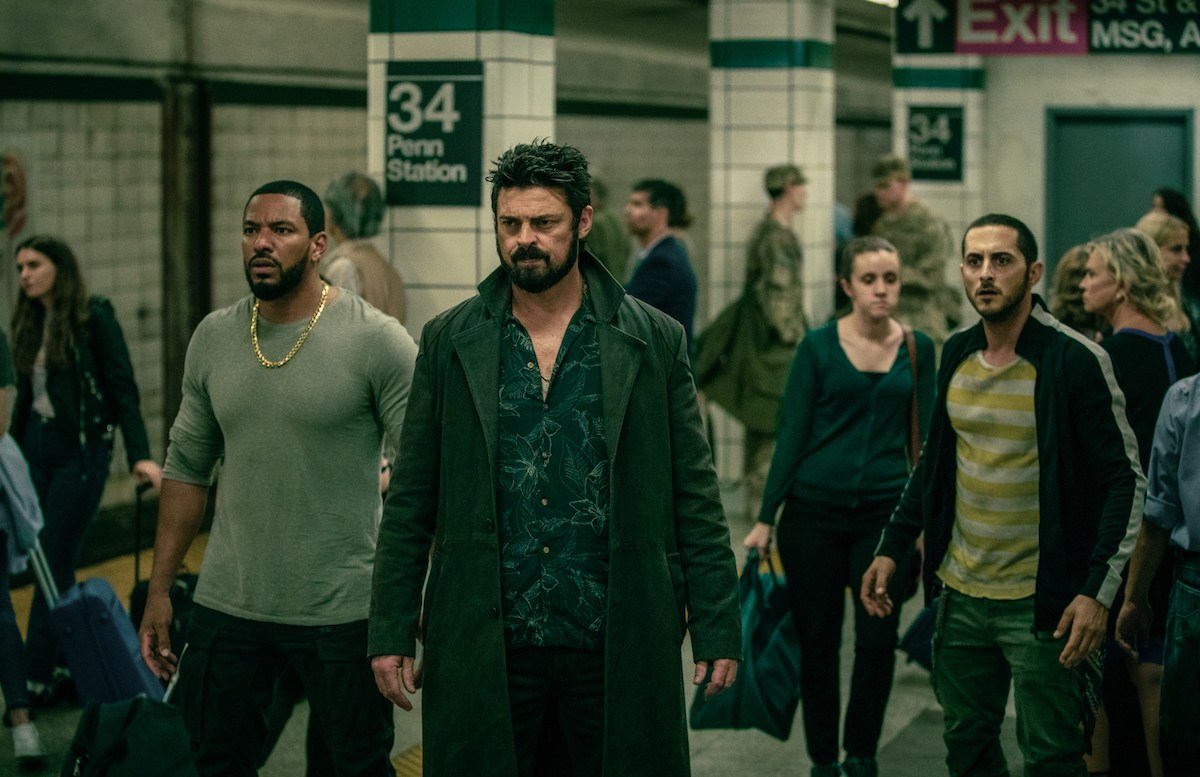
-
The Boys
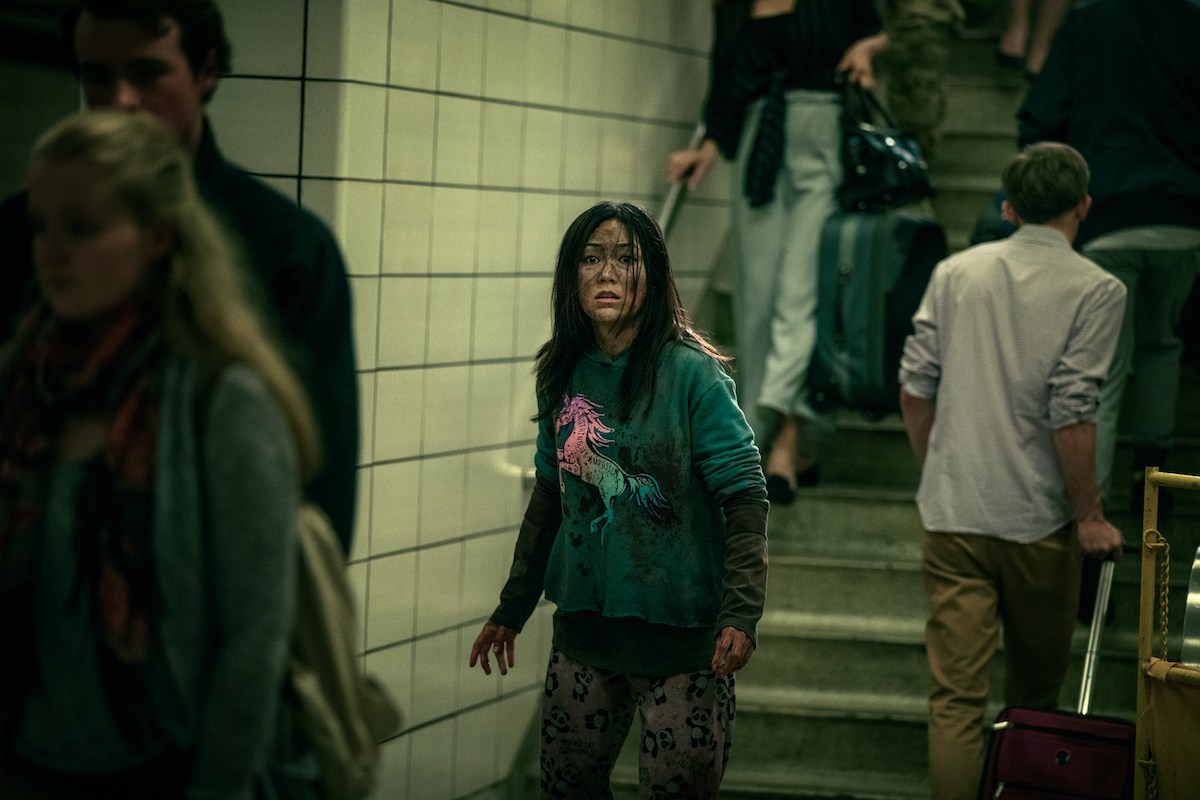
-
The Boys
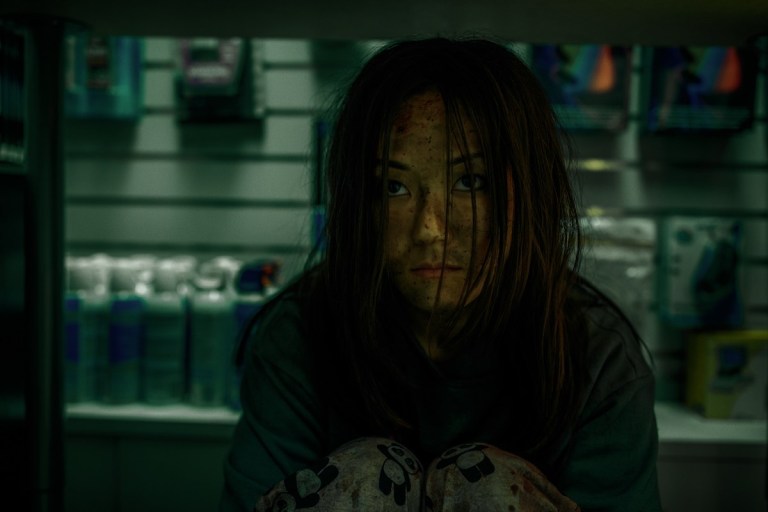
-
The Boys
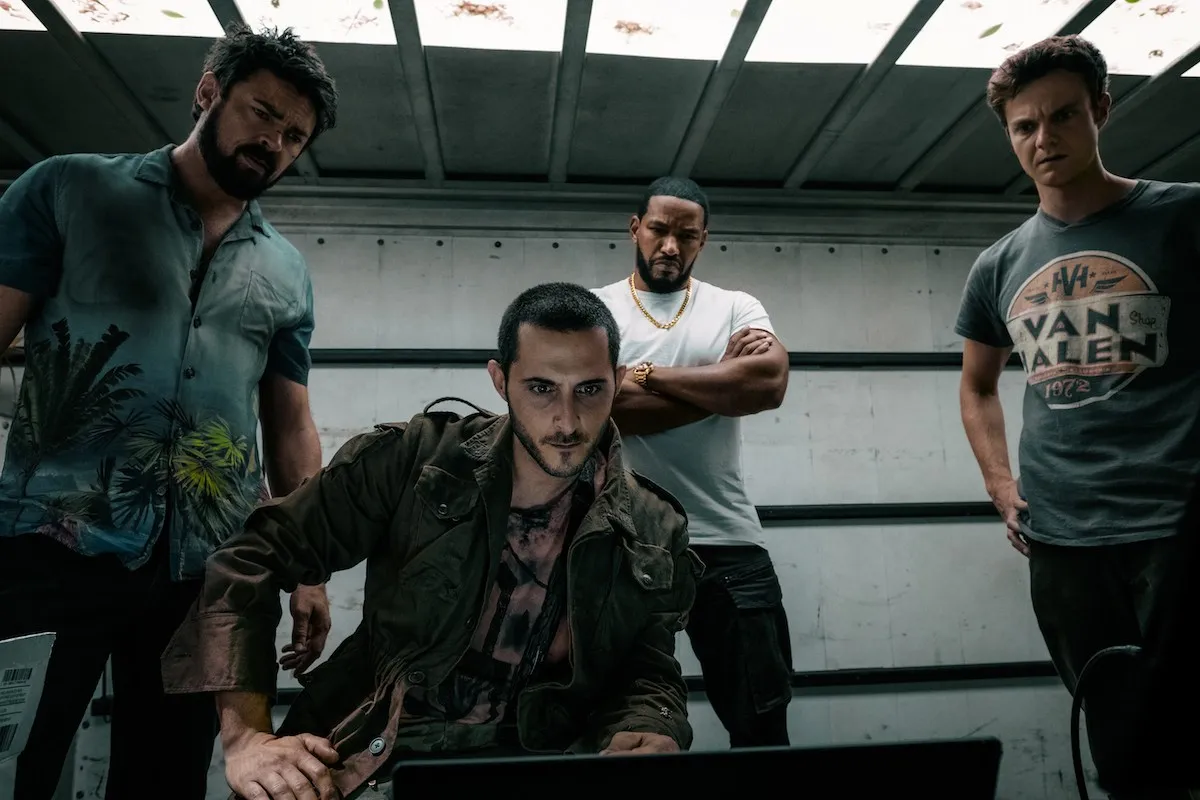
-
The Boys
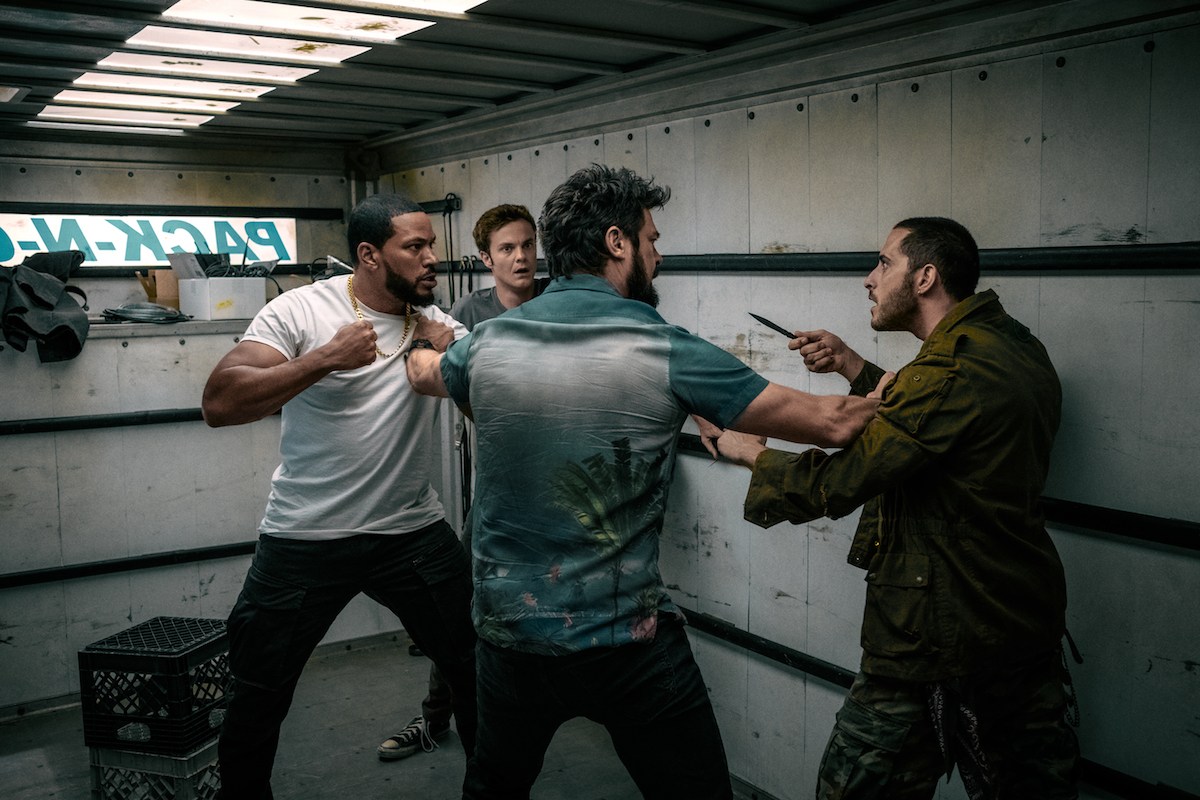
-
The Boys
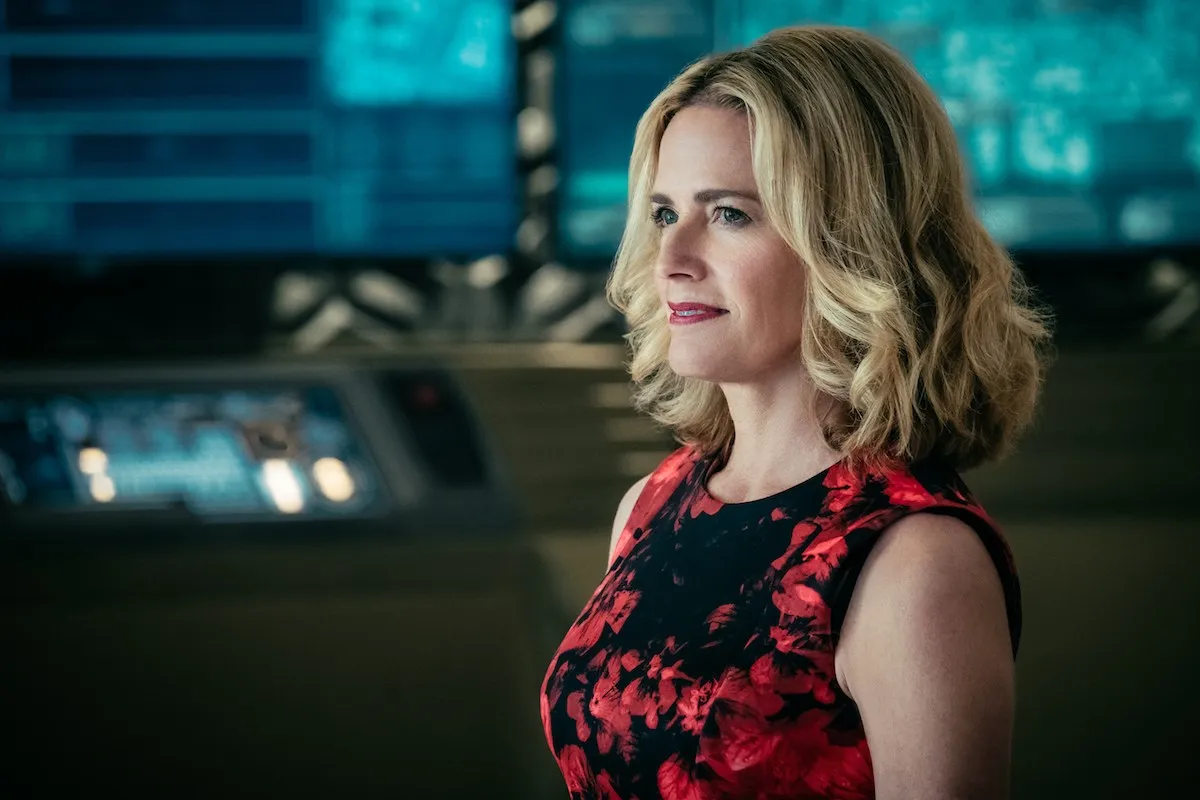
-
The Boys
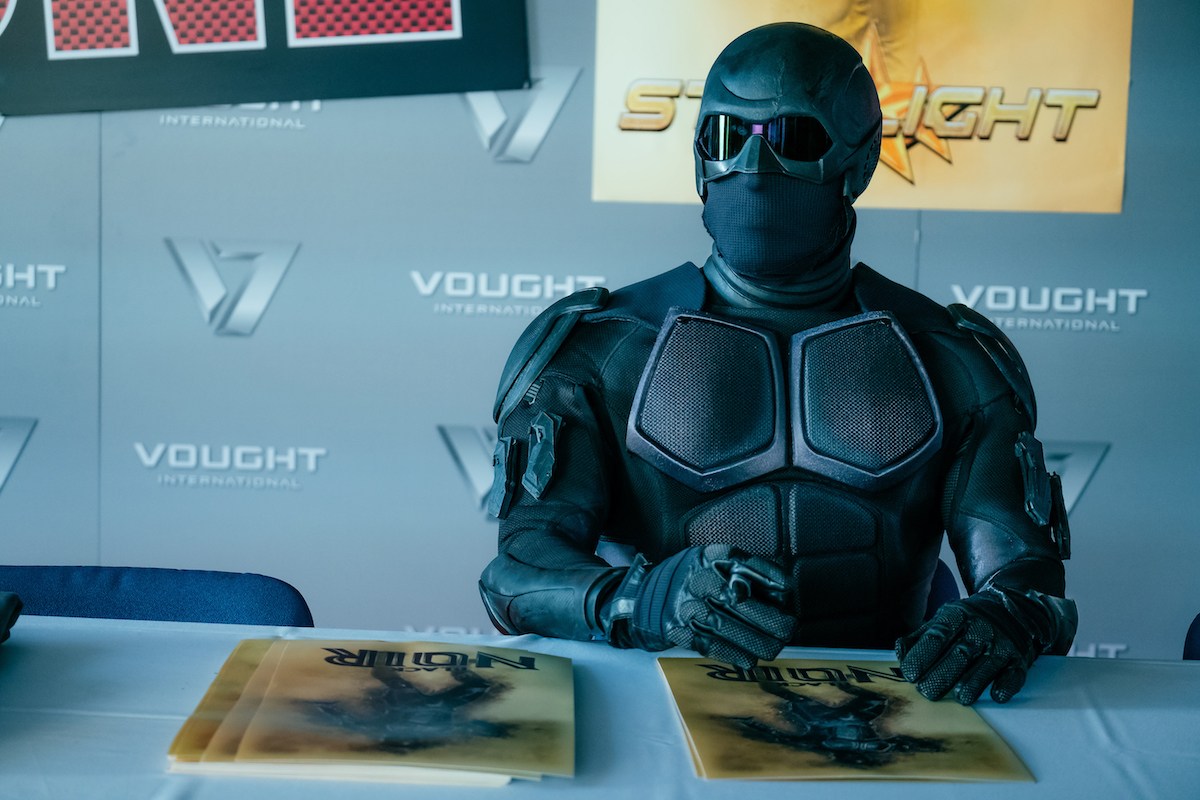
-
The Boys
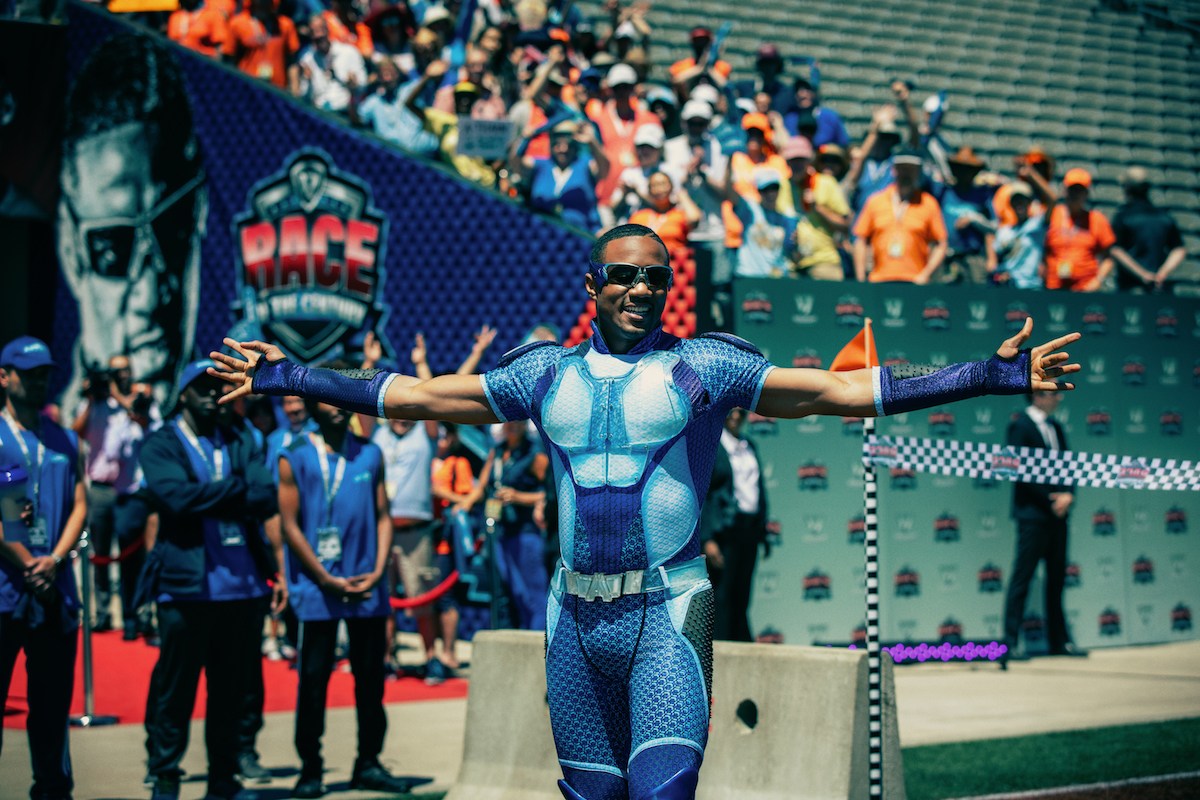
-
The Boys
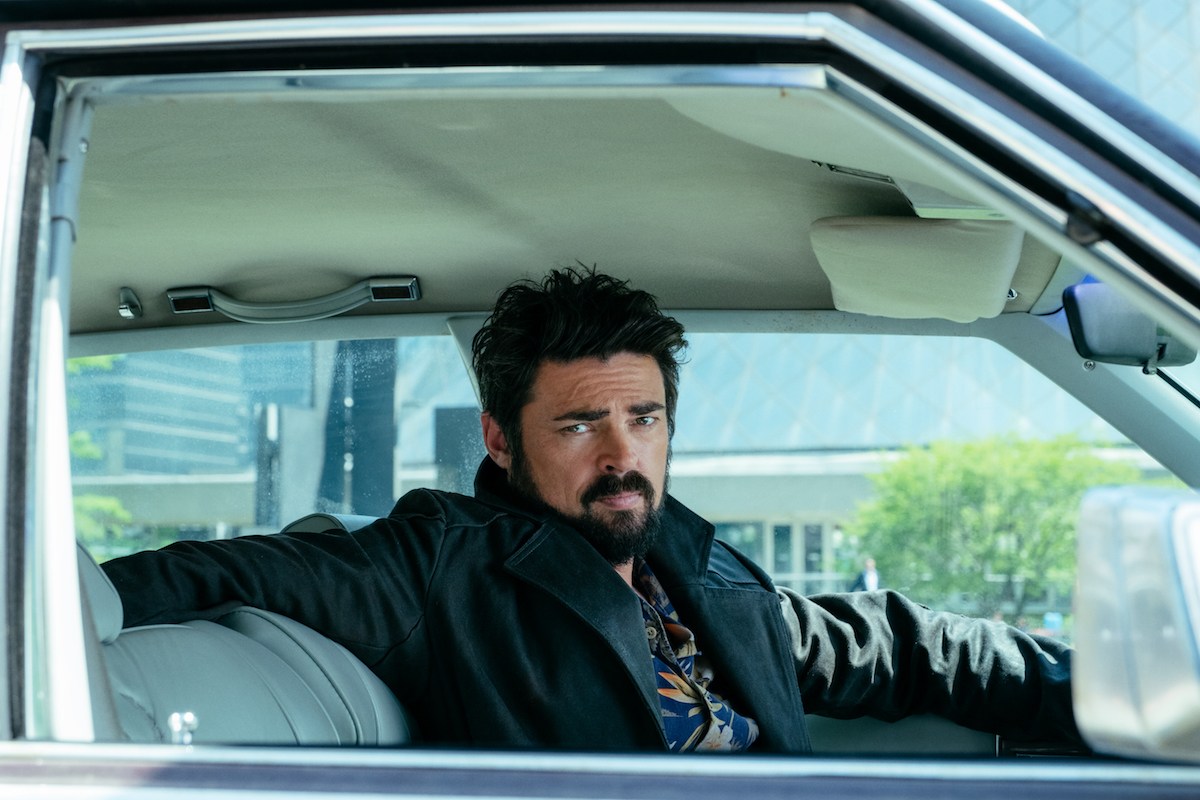
-
The Boys
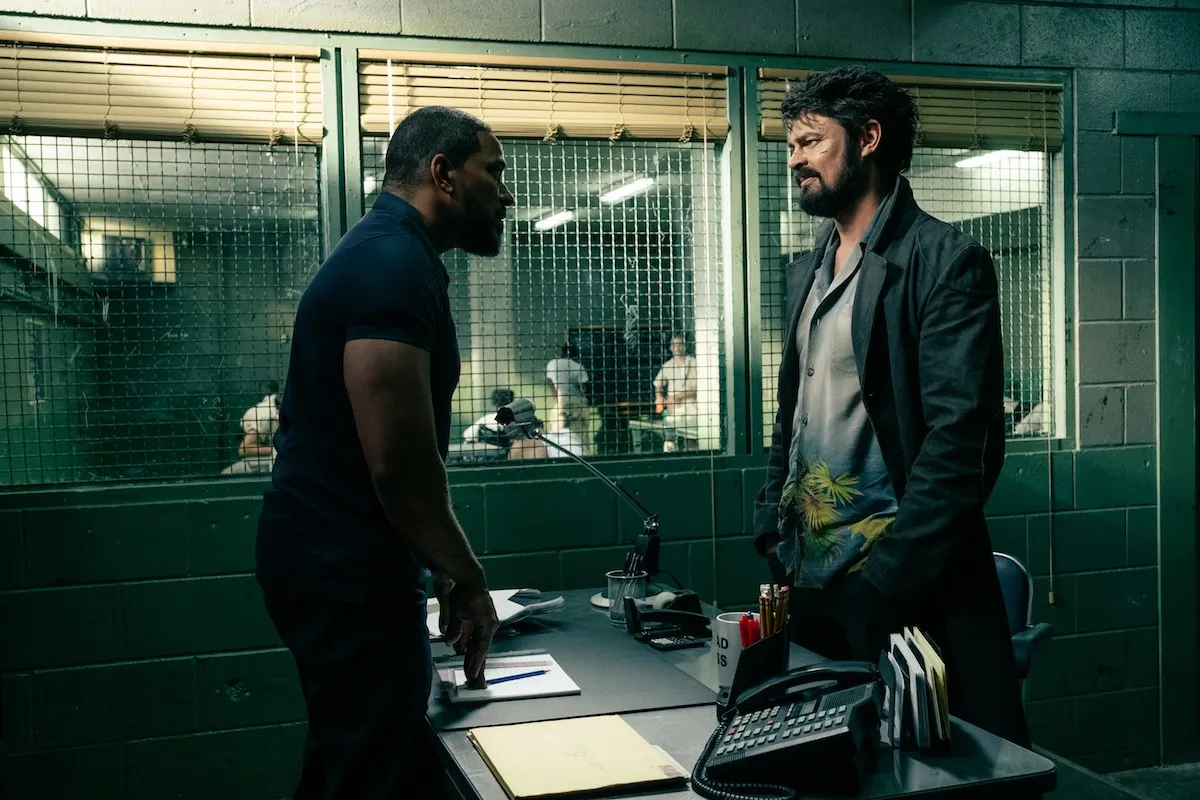
-
The Boys
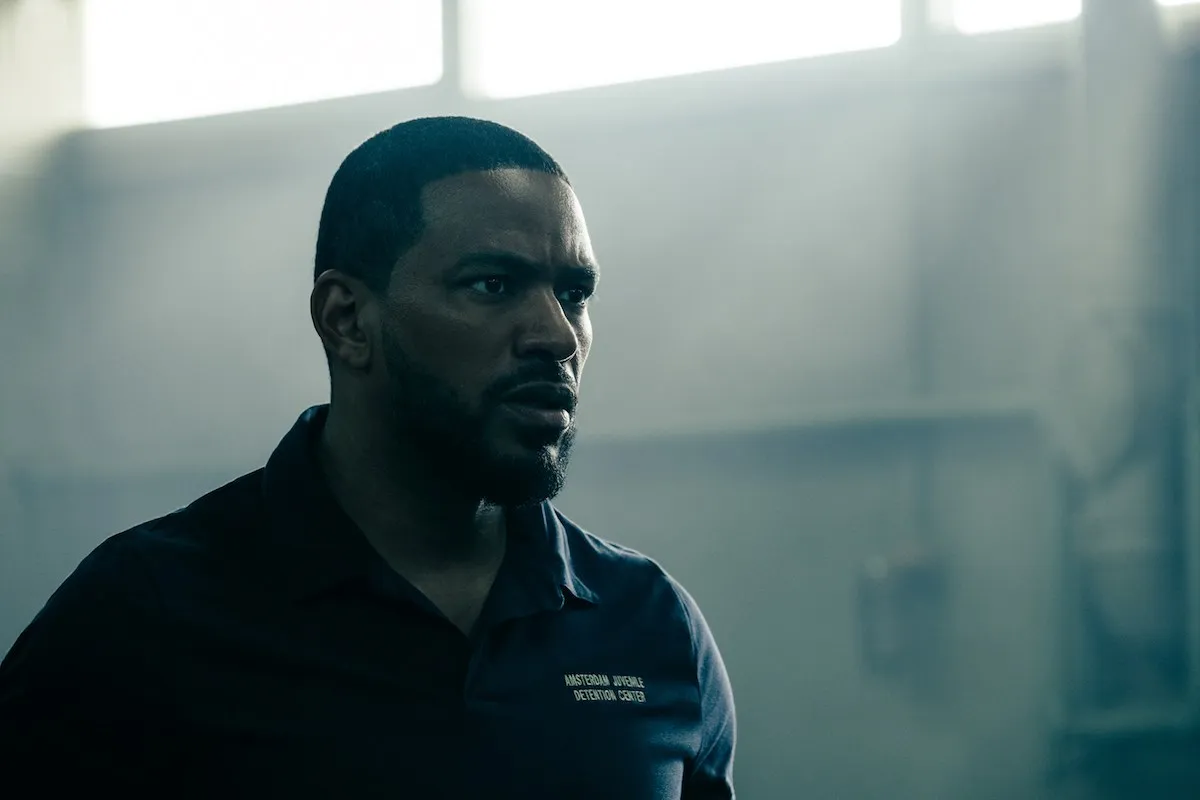
-
The Boys
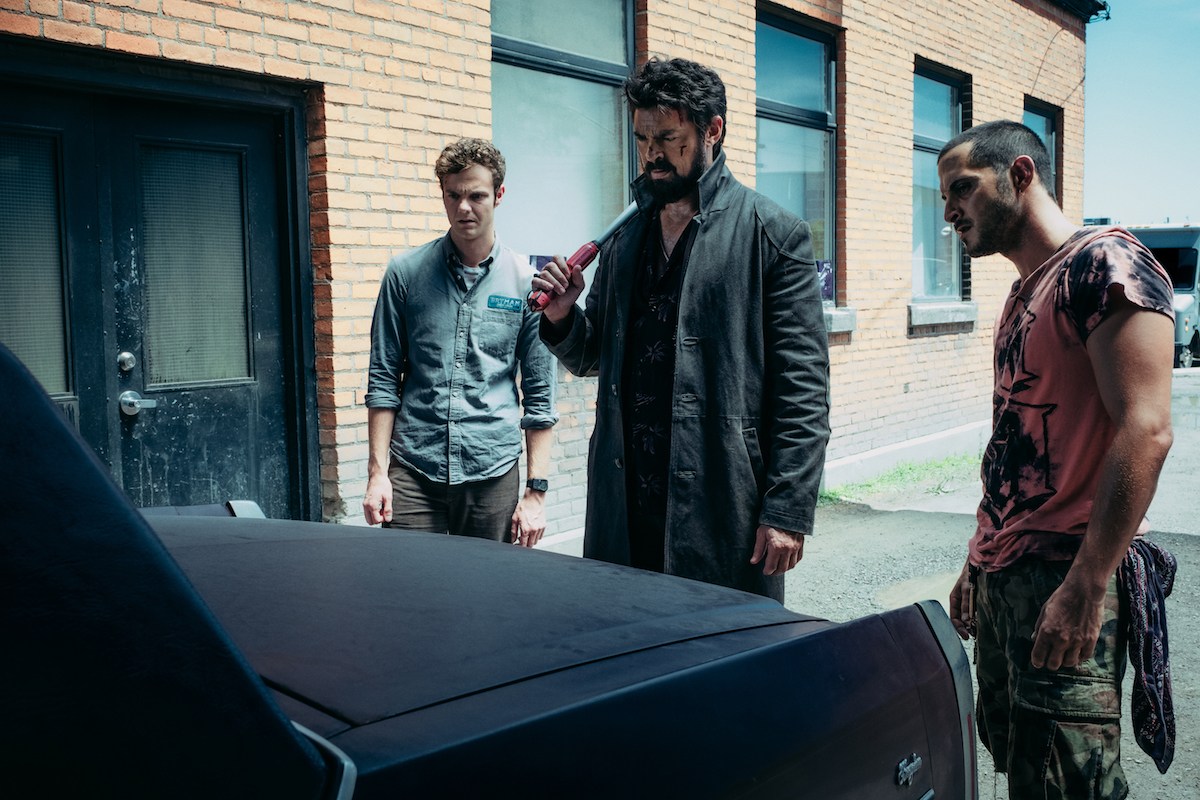
-
The Boys
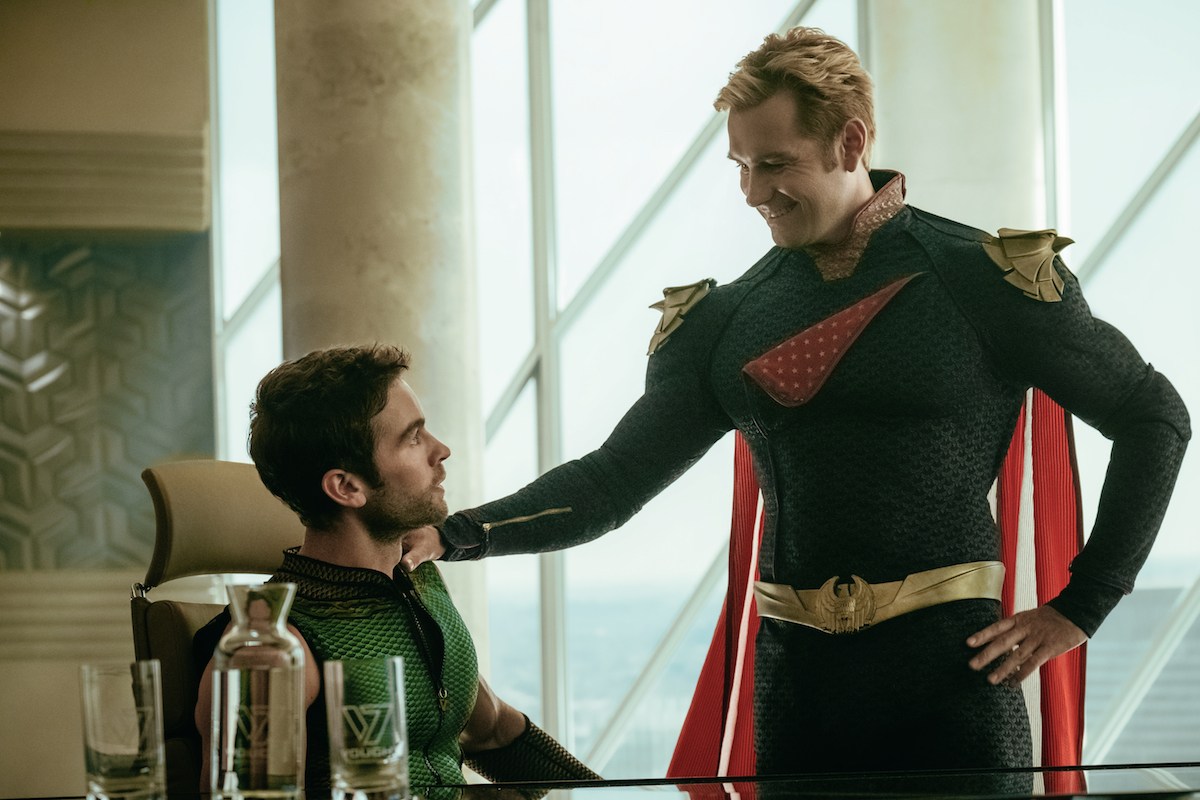
-
The Boys
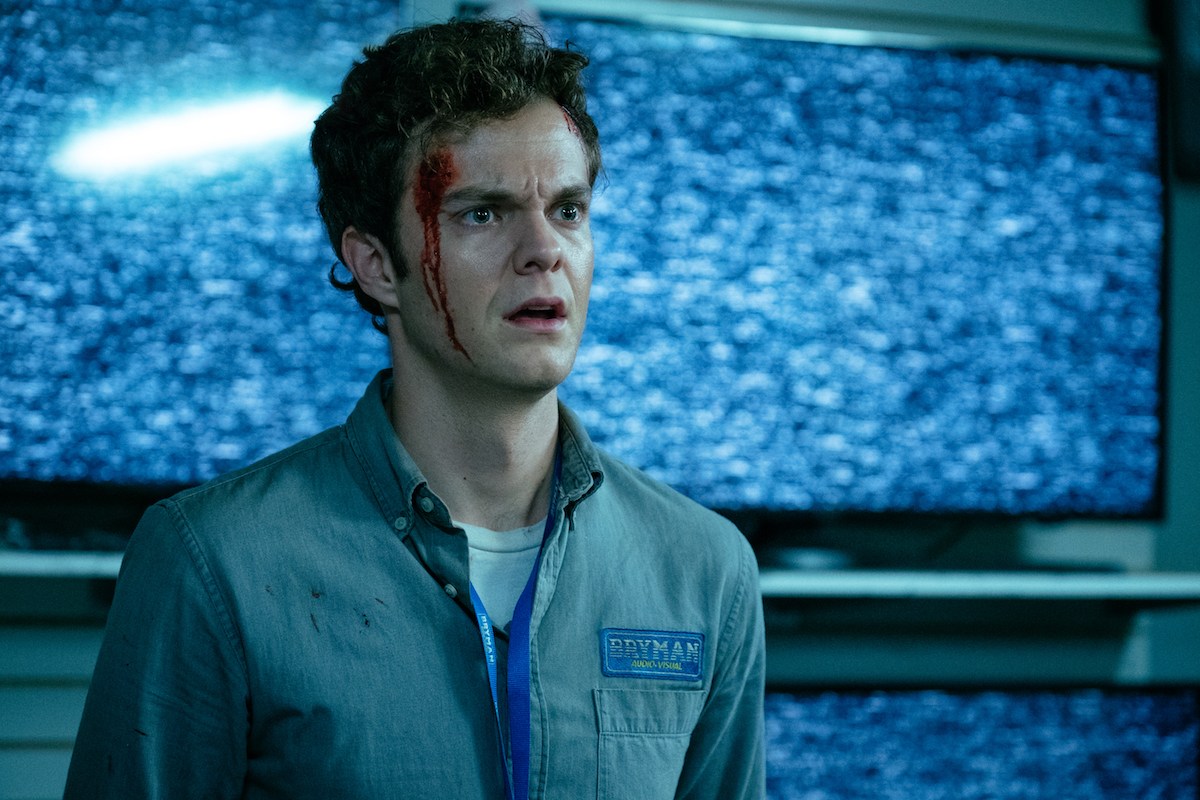
-
The Boys
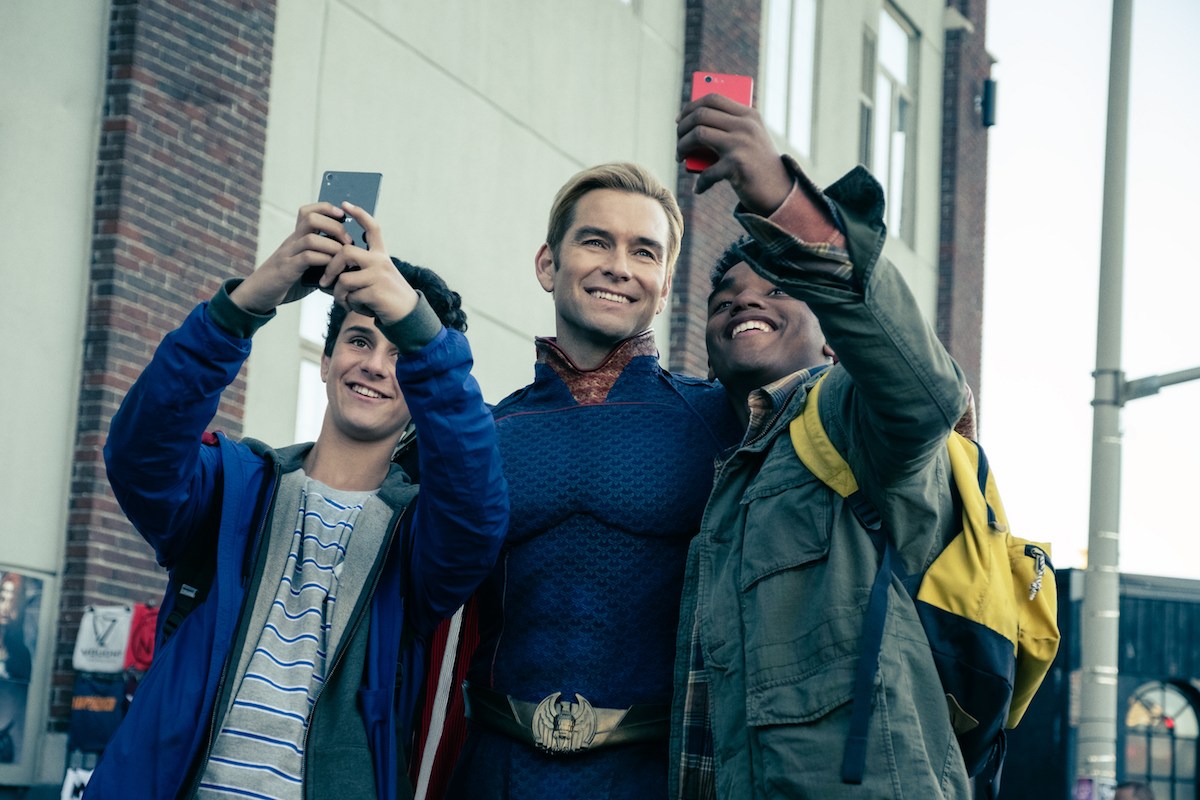
-
The Boys
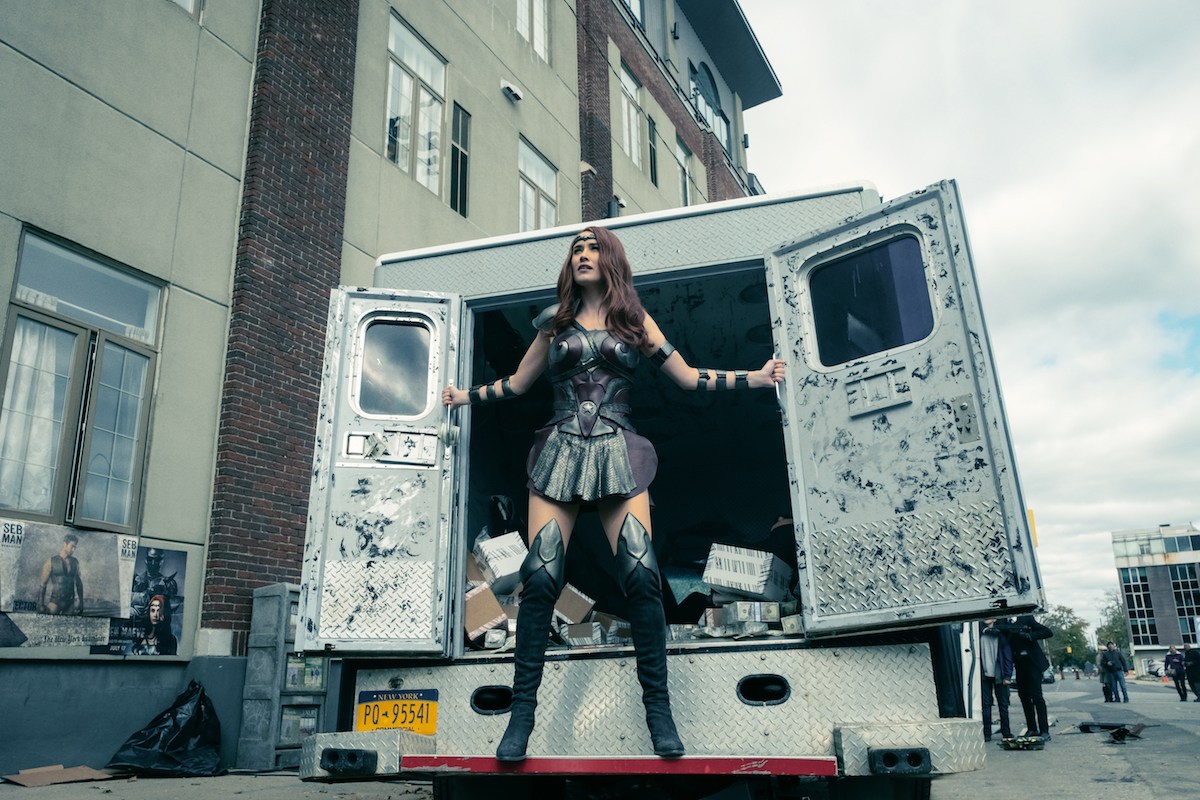
-
The Boys
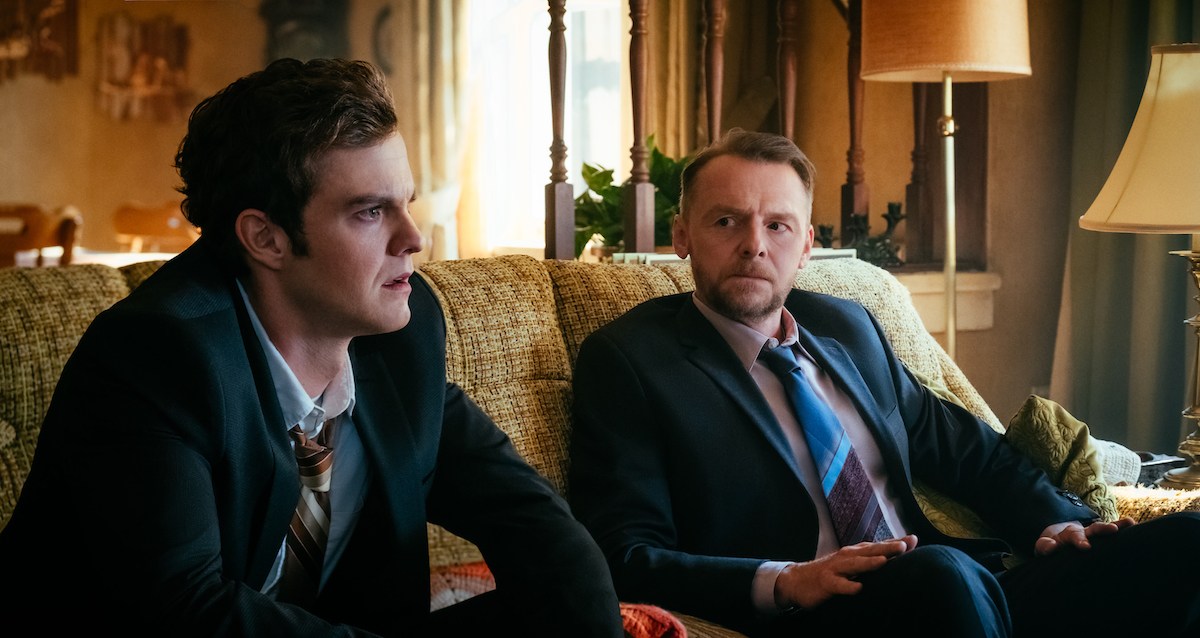
-
The Boys
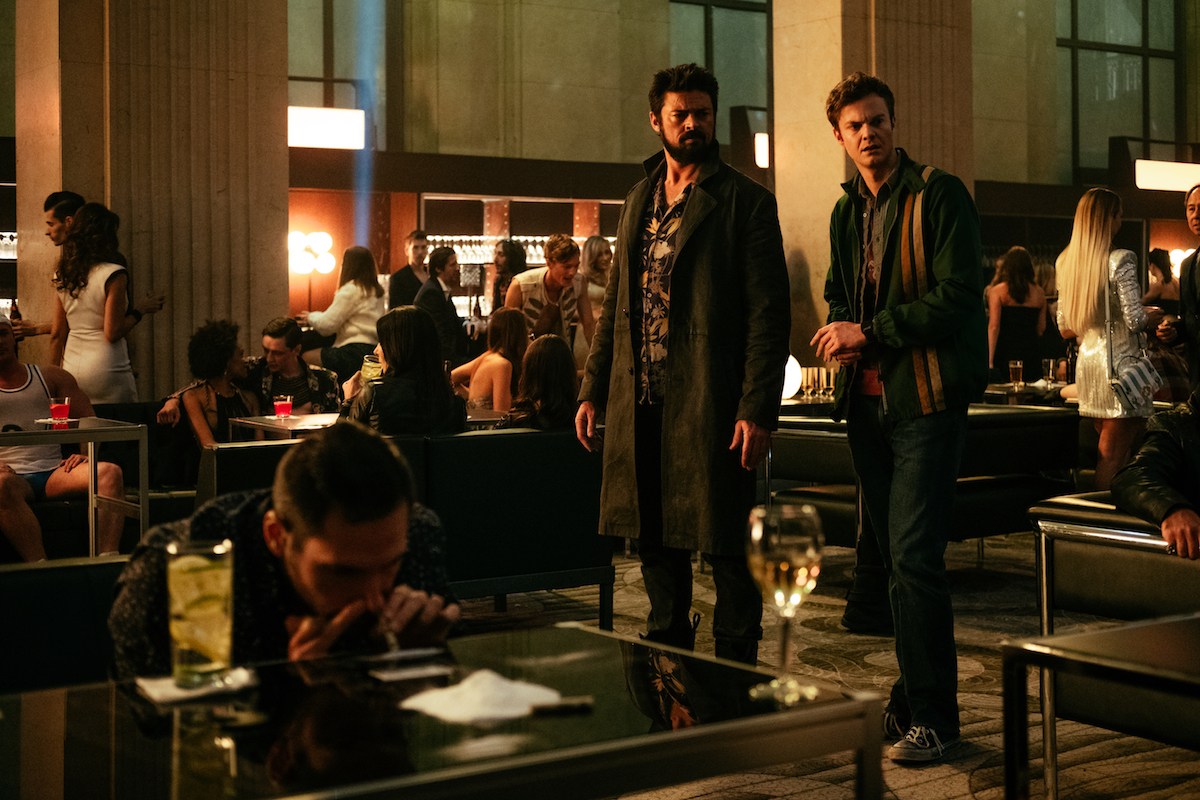
-
The Boys
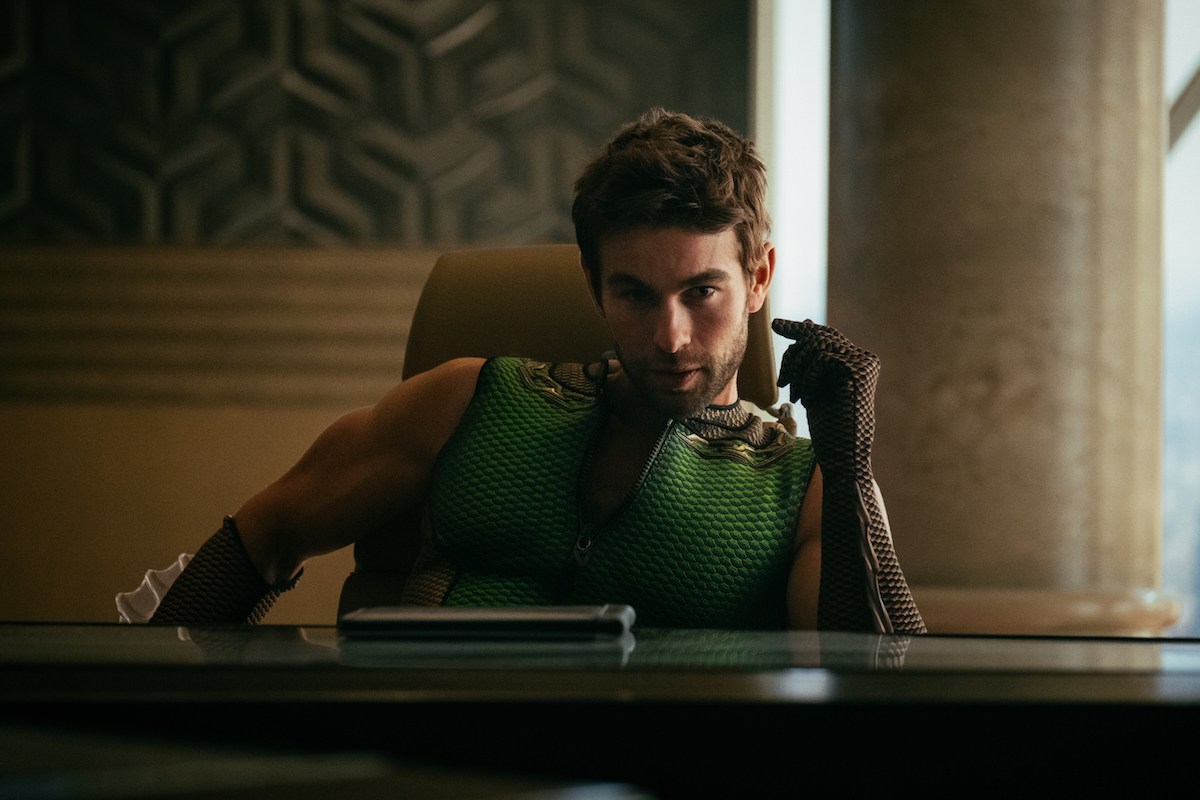
-
The Boys
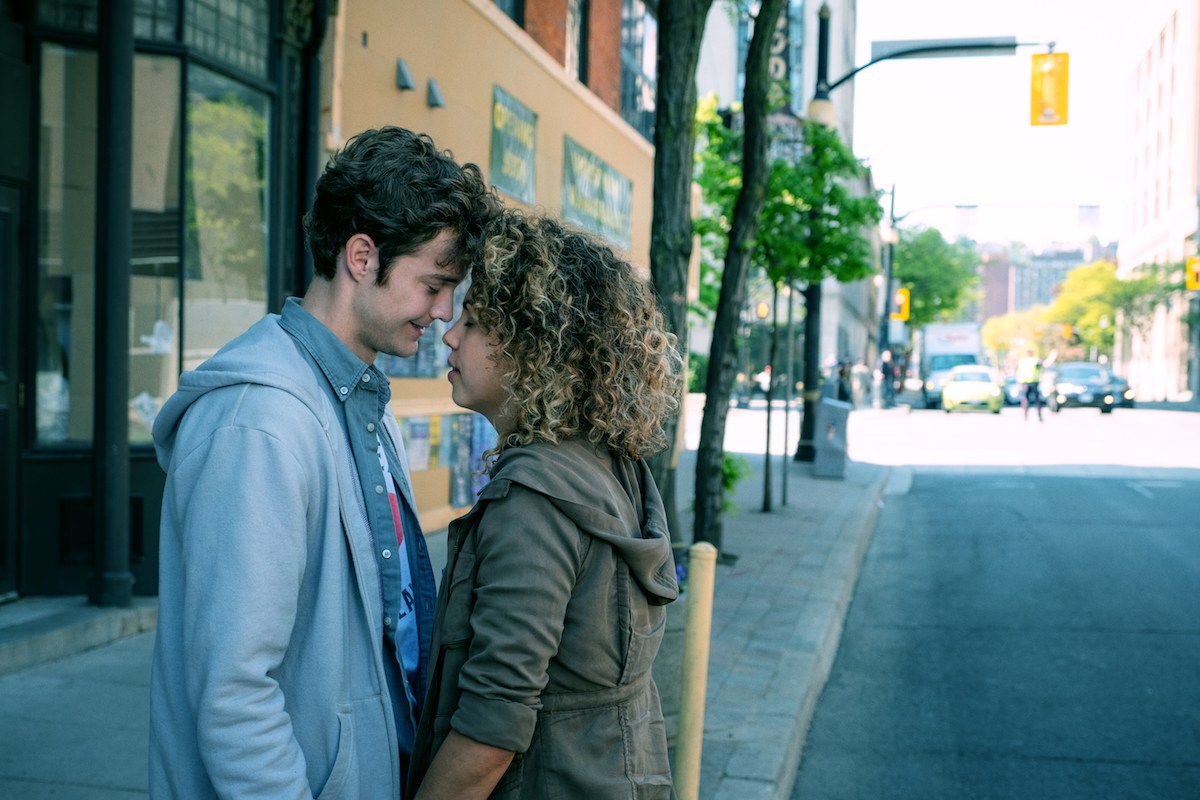
-
The Boys
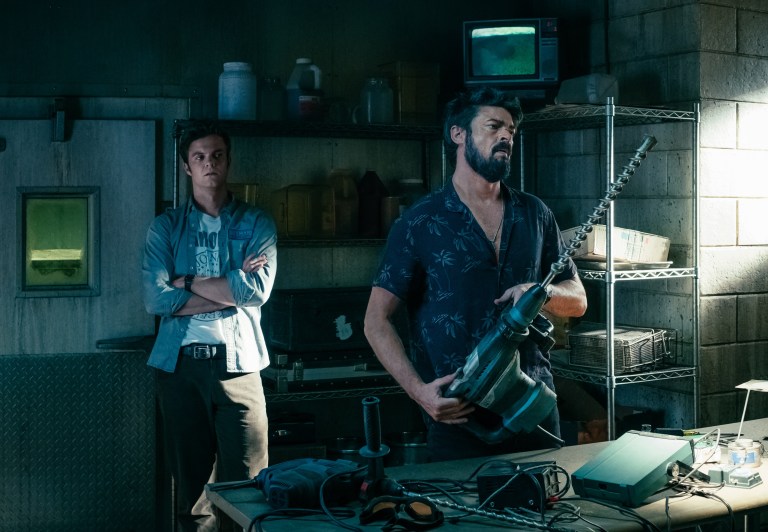
TheBoys_June28_Ep102_D10_JT_0348-Pano.dng
-
The Boys - Homelander and Queen Maeve
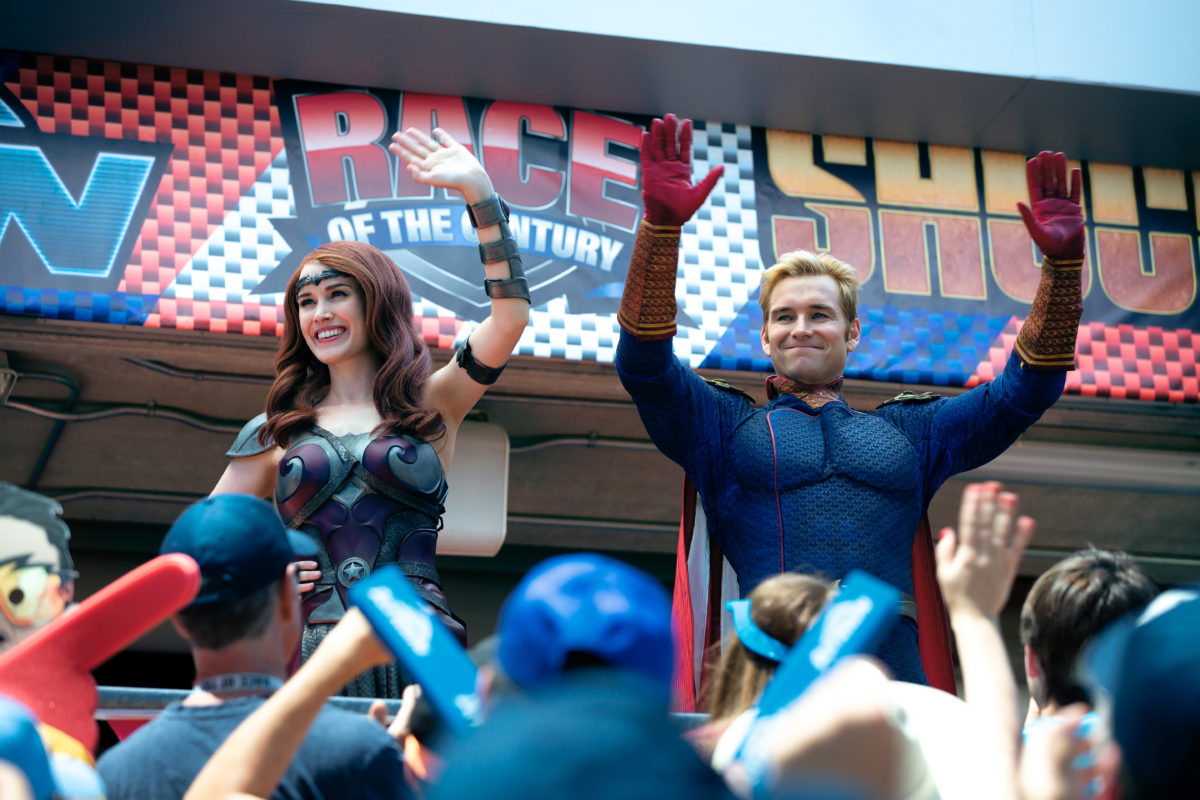
TheBoys_July09_Ep103_D04_JT_0401.CR2
-
The Boys - The Homelander
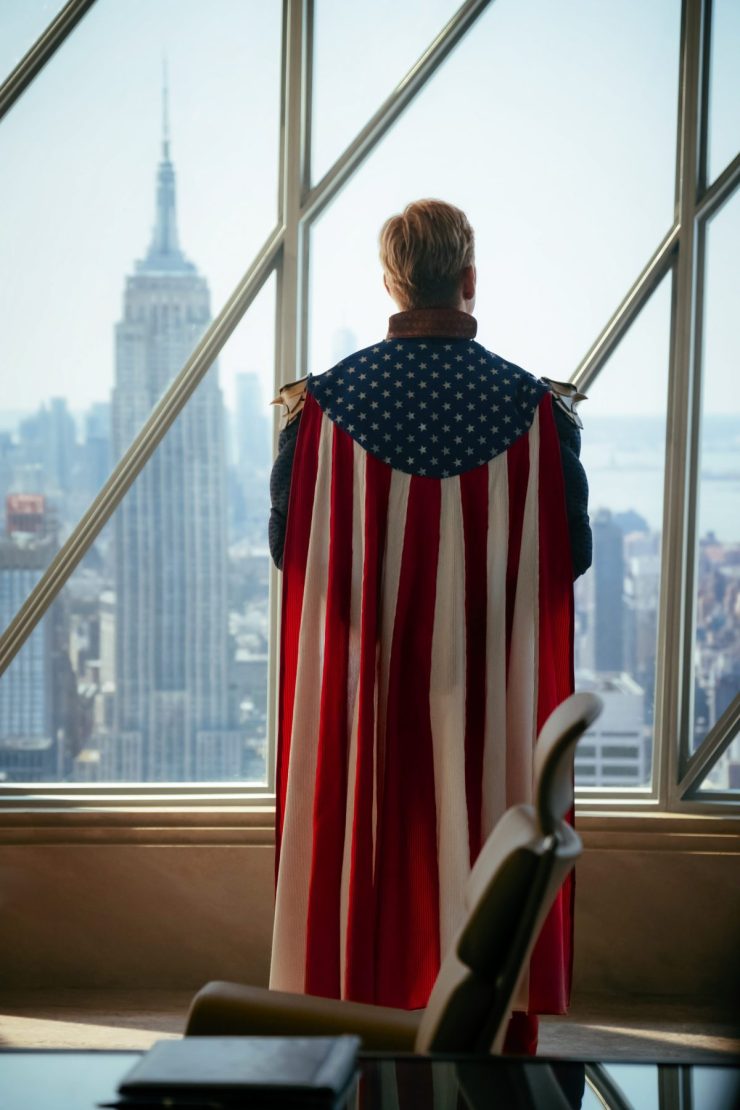
TheBoys_June05_Ep101_D11_JT_0899.RAF
-
The Boys Poster
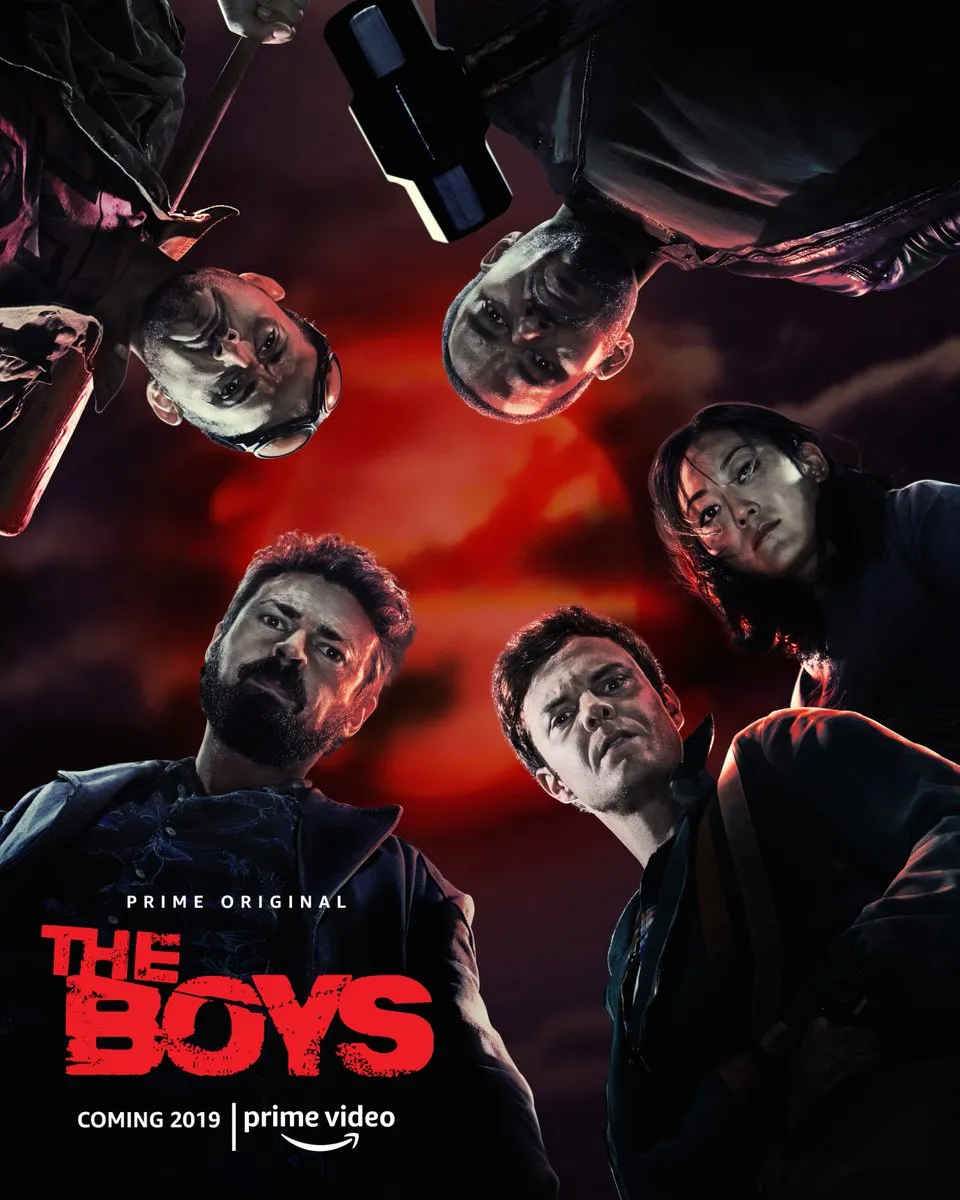
-
The Boys Comparison
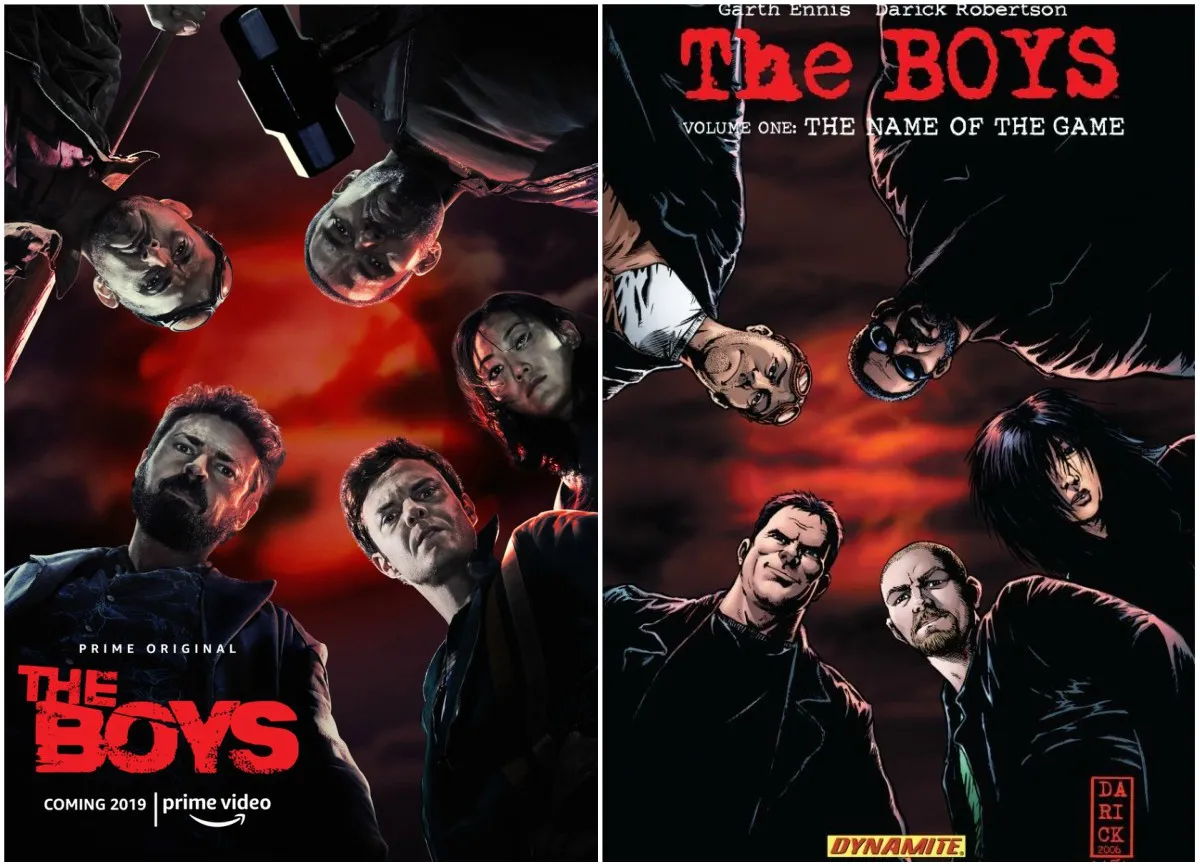
-
The Boys
